


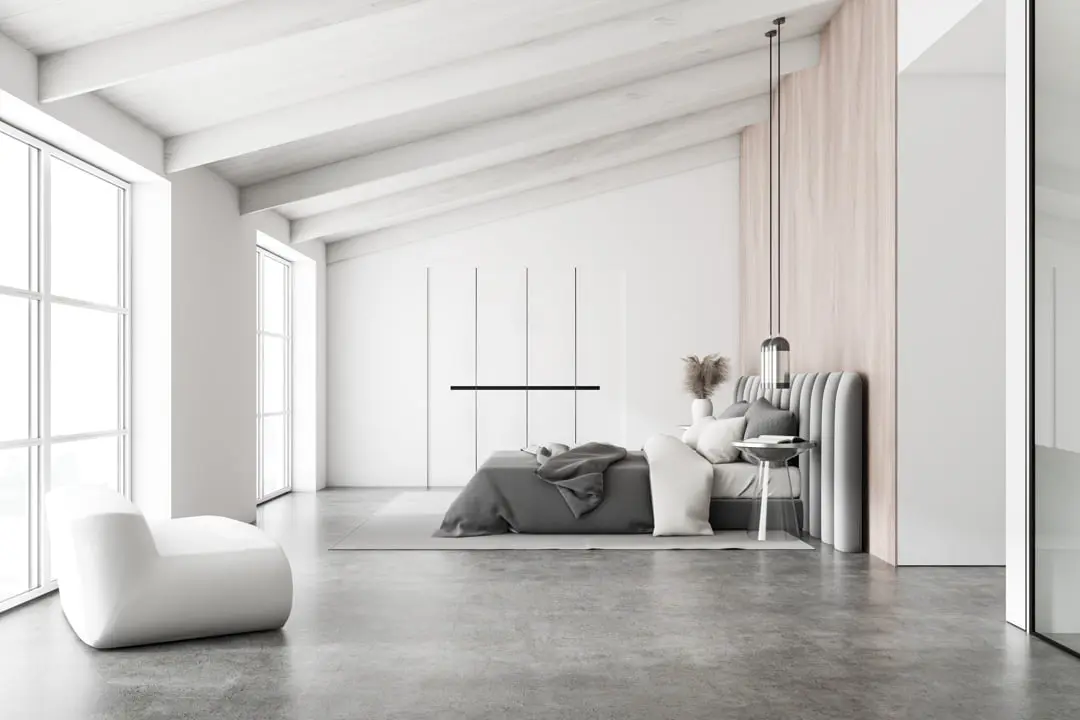
Microcement has become a trend in interior and exterior decoration. Its continuous appearance provides distinction and an endless number of advantages for homes and spaces of all styles.
A continuous high decoration coating of thin thickness that can be applied in thin layers of 3 millimeters on any type of surface, with floors and walls benefiting the most from its extraordinary aesthetic and functional virtues.
This coating composed of a cement base, selected minerals, acrylic resins and pigments ensures a rapid transition from the old to the new support thanks to its absence of joints and rubble removal tasks.
MyRevest is designed to provide efficient and highest quality solutions. We take care of every single detail, because we believe that therein lies the differential value to make a difference. With our micro-cements, the applicator can offer unique and different finishes depending on the needs of each project. The variety of textures allows creating rooms with personality and a beautifying style that emphasizes the luminosity of the spaces.
A decorative covering for interiors and exteriors that is very resistant to wear, flexible and can be applied on any type of surface. The absence of joints facilitates its maintenance and provides spaciousness.
The elasticity and versatility of microcement make it the ideal material to apply on horizontal and vertical surfaces. Its application results in a modern, minimalist, and sophisticated continuous pavement.
Quality is preferable to quantity. A maxim that we at MyRevest have internalized. But we go beyond, demonstrating that both can be achieved without either being harmed by it. Because we want to offer the best and only the best. We have different types of microcements for floors and walls so that each customer finds a solution tailored to their needs.
MYBASE

PREPARATION
MYWALL

WALLS
MYFLOOR

FLOORS
MYROCK

EXTERIORS
MYRESIN

PREPARATION
A range of microcement (cement and resin) designed and manufactured for the applicator who wishes to create their own mixtures. Maximum adherence and excellent workability. The professional applicator has at their disposal preparation and finish mortars in a variety of textures for indoor and outdoor surfaces.
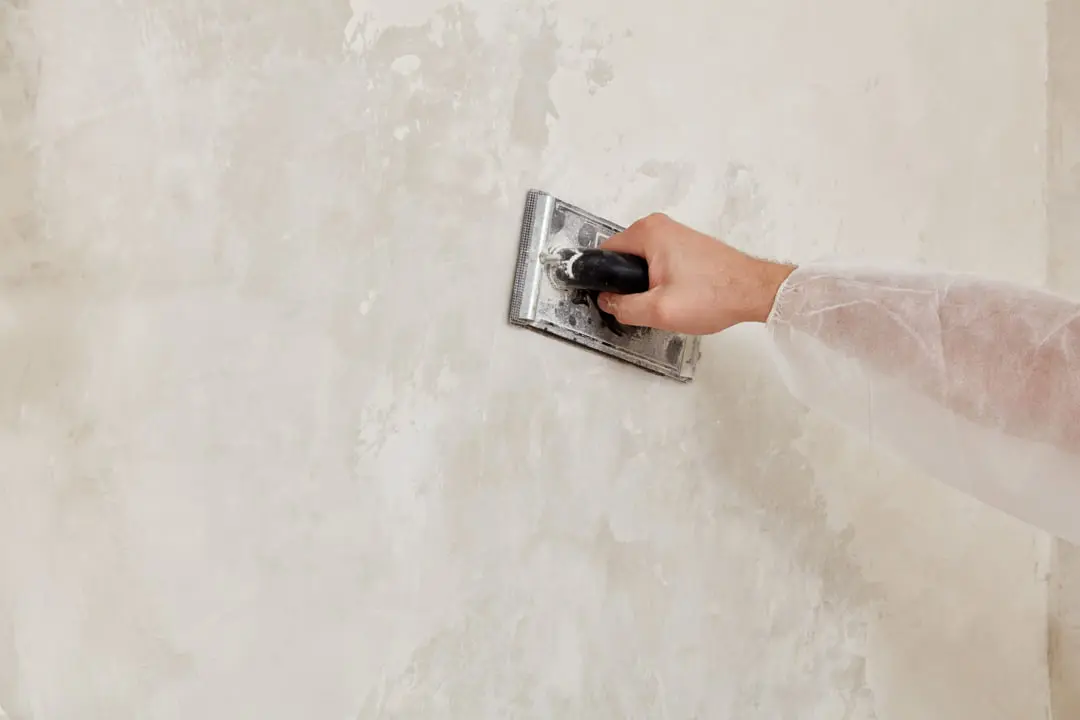
MYKAL XL

MULTIFUNCTIONAL
MYKAL L

MULTIFUNCTIONAL
MYKAL M

FINISH
MYKAL S

FINISH
MyKal is a two-component lime-based microcement that has been formulated to be applied as a continuous low-thickness coating on floors and walls. It stands out for its artisan finish, its workability, and its extreme hardness. It is applied with a trowel in several layers, allowing for a wide variety of effects such as tadelakt or exposed concrete finishes.
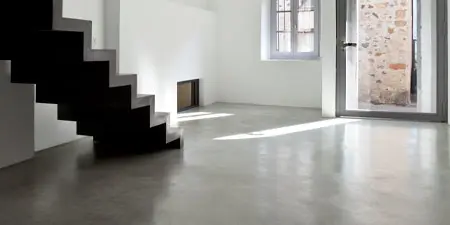
MyPool is the two-component microcement designed to be applied to swimming pools or other areas that are in permanent contact with water. This product allows for continuous, non-slip, and durable surfaces with modern lines that withstand moisture, UV rays, and immersion. Its aesthetic versatility is such that it can also be applied using the fresco on fresco technique.
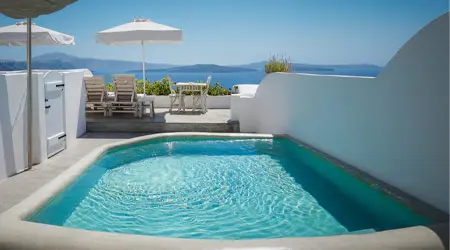
MYREADYGO! 03

PREPARATION
MYREADYGO! 01

FINISH
(walls and also bathroom floors)
MyReadyGo! is a ready-to-use microcement that simplifies the professional's work. Flawless finishes without mixing or waste, optimizing execution times to the fullest. It delivers long-lasting, high-decoration results on floors and walls. Bring a unique and confident style to every space.
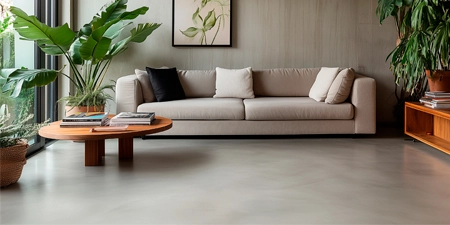
Its qualities make it an ideal material for tackling comprehensive renovations in homes and commercial premises. The absence of joints, the rapid transformation of spaces without construction work, and its minimal maintenance are just some of the benefits of microcement that make it a trending coating on the market.

Microcement is a continuous decorative coating that doesn't require expansion joints and allows all surfaces to be unified with the same material, providing a clean, modern, and homogeneous appearance to any surface.
The absence of joints facilitates the cleaning of the surface, only water and neutral PH soap are needed.
By adhering to any material without the need to remove it, microcement is a material that allows spaces to be remodeled from top to bottom without any trace of rubble.
It adds value to the professional, who has at his disposal the ability to offer quick and clean works.
Thanks to its sealing process, it is a decorative coating resistant to impacts and scratches.
It neither contracts nor expands with temperature changes.
The application of microcement is carried out without the need to remove the existing surface. The 3 mm layer of microcement can be applied on top without fear of it detaching.
It is the best ally for creating a new surface with high decorative value.
It is a flexible decorative coating that has mechanical resistance in compression and deflection. It doesn't crack over time.
It is also very resistant to abrasion, wear and ultraviolet rays.
It offers great adhesion to all types of supports, except wood. It is compatible with concrete, ceramics, plaster, stoneware and cement.
It adheres excellently to any vertical, horizontal, rough or smooth surface.
The aesthetic possibilities multiply thanks to the variety of effects and decorative finishes it offers.
Thanks to the variety of colors and textures, it is a material that guarantees a beauty and modernity difficult to match with other materials.
It is a very versatile coating, as it can be applied both on indoor and outdoor surfaces. Floors, walls, bathrooms, kitchens, terraces, pools, porches.
No space or surface resists. It transforms any space into an exquisite and minimalist environment.
MyRevest microcement is sublime for remodeling any type of surface and space. Renovated environments and high-end decoration up to par with very few coatings. A material whose surge in the construction and decorating sector is not surprising due to a rarely seen versatility. There is no support that resists the charms of microcement: pavements, walls, ceilings, pools, terraces, furniture, etc.
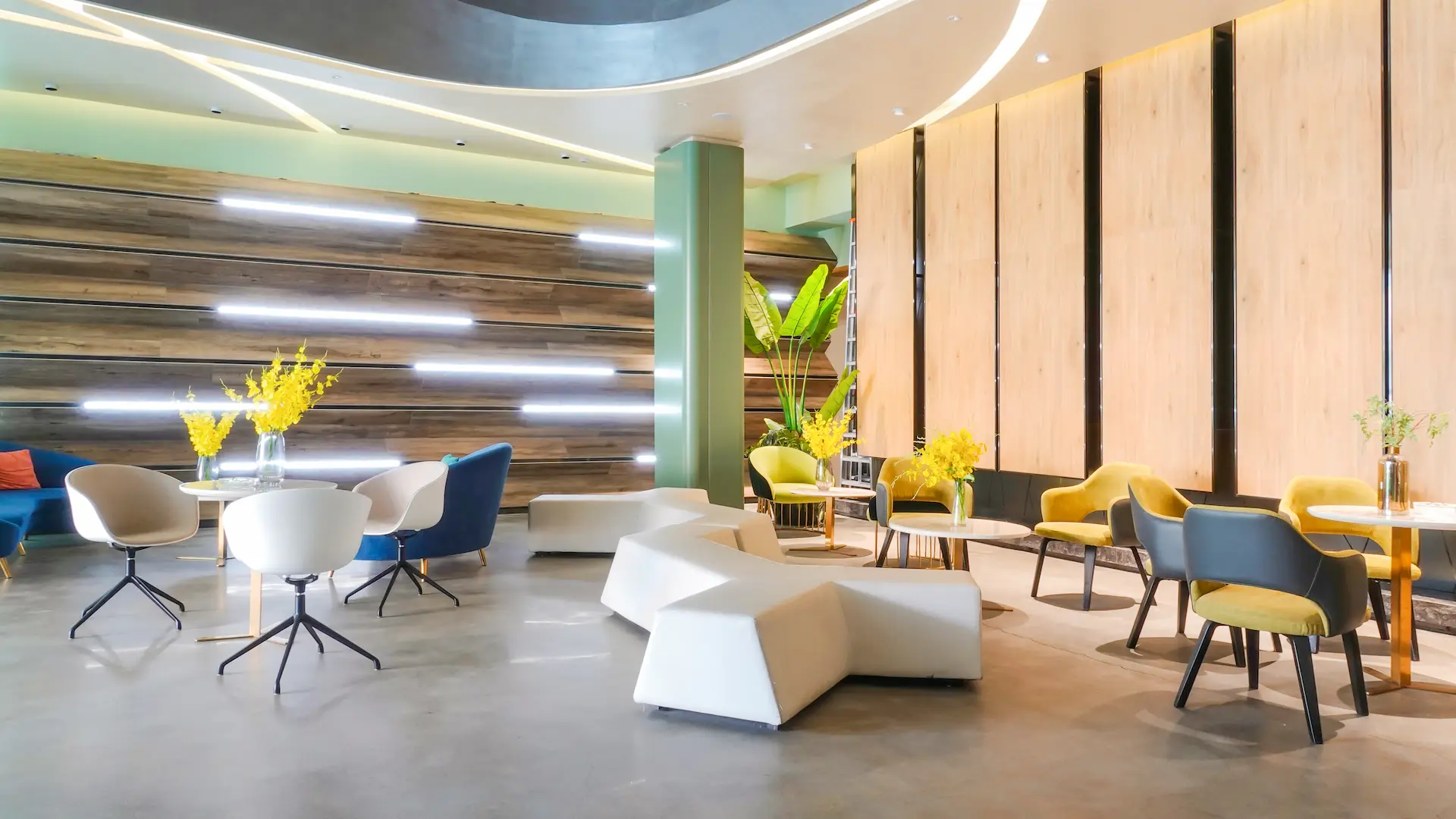
Microcement multiplies the possibilities of redesign and decoration of any surface. Coating the floor with microcement is one of the most common uses, as it as a material opens up a world of aesthetic possibilities to create continuous pavements resistant to wear and the passage of time.
It offers unique designs to give a personal touch to any floor of the house or office. As industry experts, we know that its maximum adherence to any type of support is a differential advantage to achieve finishes with the highest quality. Microcement for floors allows the creation of continuous, hard, and resistant surfaces that adapt to any type of decoration. Discover all the advantages of microcement flooring.
Microcement walls combine elegance and variety of finishes in equal parts. The professional can imprint his personal style to each project thanks to the different textures (fine, medium, or thick) that can be achieved with microcement. Applying microcement on walls guarantees an unrepeatable result.
Creating a microcement coating on the wall translates into a high-resistance finish, which provides greater elasticity and durability. The application of sealers for the last layer of protection, makes it a waterproof coating suitable for humid spaces.
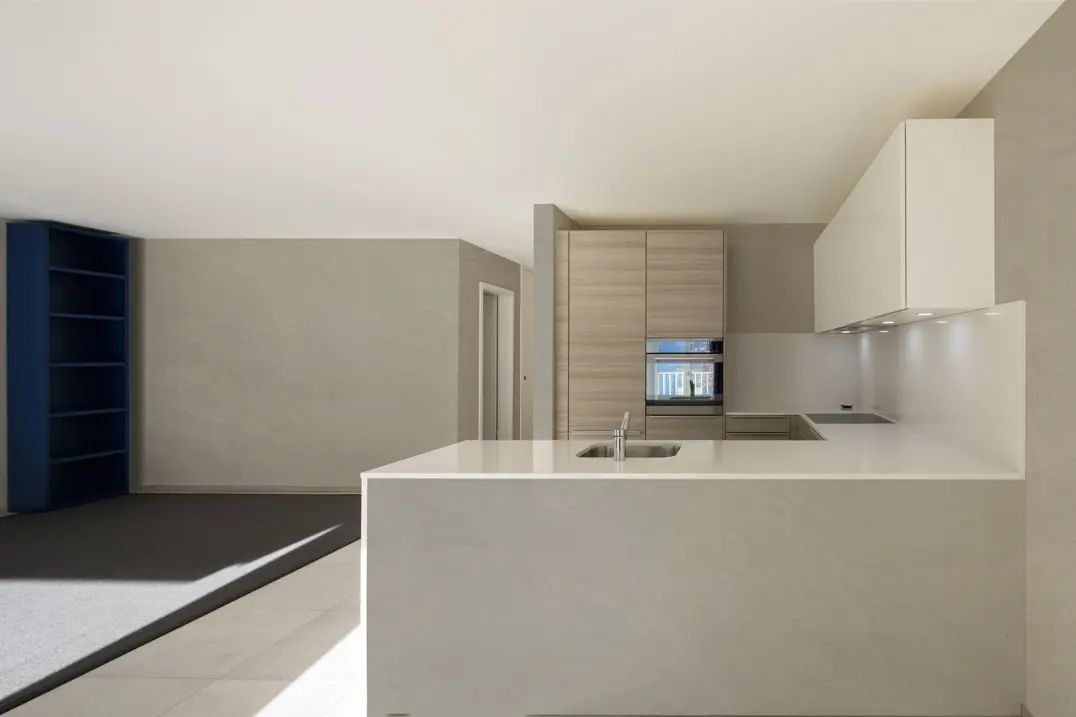
Microcement in kitchens is the perfect ally to exploit luminous spaces and create pleasant tones. It is a coating designed to capture light in any decorative style and also resistant to bumps and scratches. This material offers maximum resistance to wear, scratching, abrasion, and impacts.
It is the perfect product to achieve a modern kitchen, where simplicity and spatial breadth predominate. Design, decorate and create dream floors and walls with perfect finishes. A continuous decorative coating that will make a space where many hours are spent more enjoyable. Learn all about what microcement brings to kitchens.
Microcement in bathrooms has become a trend when carrying out renovations at home, as it is a material that adapts to any surface and gives a differentiating touch of elegance. With the sealant, it becomes a waterproof coating that brings a differentiating touch of modernity.
With microcement, joints in the floor and walls are a thing of the past, which means that the nooks where dirt accumulates are eliminated. With this coating, cleaning this part of the house is easier and more comfortable, especially in small bathrooms. Discover the finishes of the microcement bathrooms.
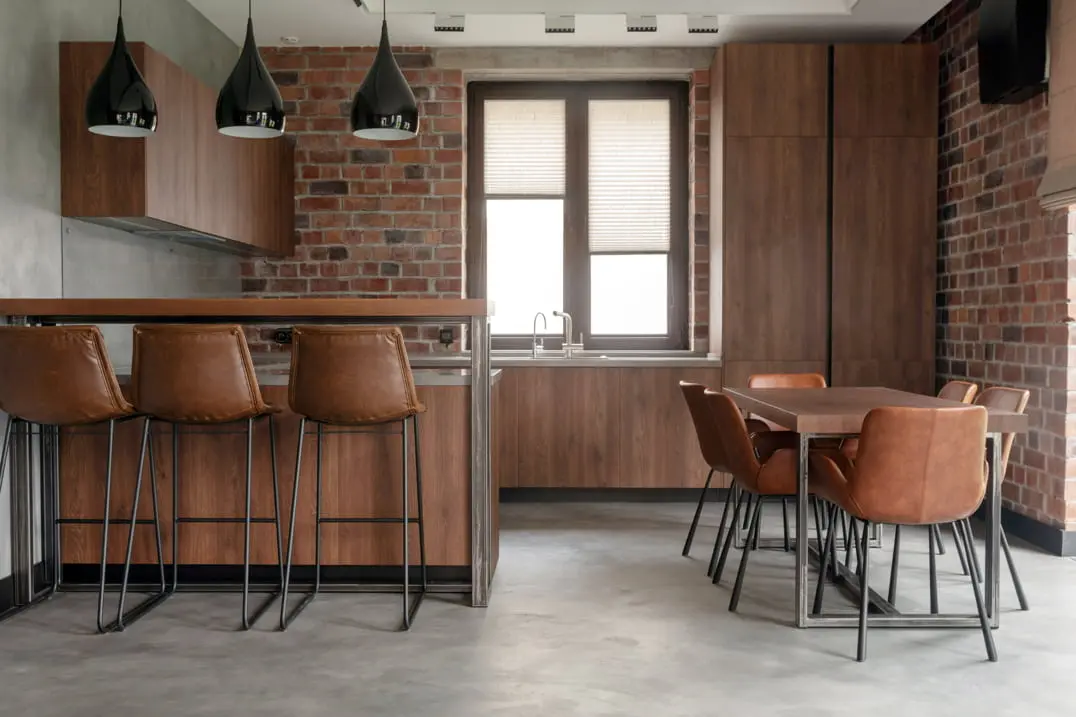
Architects and decorators have integrated microcement in both interior and exterior spaces. Despite its thin thickness, it is a material prepared to withstand the sun's rays, rain, cracking, high temperatures and weather conditions. Its hardness and high adhesion allows to cover facades, porches, terraces, walls or floors.
Microcement in the exterior enhances the surrounding elements to create modern and open spaces. It can be applied directly to plaster, tiles, concrete or any other material without removing the existing surface. The texture applied to the coating will be key to preventing falls and slips. The rougher, the less risk of slipping. Learn in detail all that exterior microcement brings.
The application process of microcement requires specialized labor and following a series of steps that will be influenced by the conditions and characteristics of the support that is going to be covered. We explain how to do it.
It is of vital importance to prepare the floors or walls that are going to be covered. To do this, the support must be cleaned leaving it free of dust and grease and repair any imperfection that may exist. The more uniform the surface is, the better the microcement will adhere and the appearance of possible cracks will be avoided.
Once the surface is prepared, it is necessary to proceed to apply the primer to help the microcement adhere faster and easier to the existing material. Depending on the type of surface and the conditions of the space, one type of primer or another will be applied.
The next step is to apply the layers of preparation microcement on the surface. The specific number of layers will be determined by the system used by each professional. These will serve as a base for the finishing layer which is applied afterwards. To achieve excellent finishes, each of them should have its appropriate drying and sanding time.
Once the previous layers have been allowed to dry, it is necessary to proceed to apply the layers of finishing microcement. Again, depending on the system used by the professional, a certain number of layers will be applied. The finishes that can be seen in the result of the reform, are determined by these layers being the most visible of the whole process.
To achieve flawless and much longer lasting finishes, it is necessary to apply a varnish that seals the coating and protects it from wear and tear, impacts, environmental humidity, etc.
Microcement offers a wide range of colors that go beyond those offered by other construction materials. The pigmentation system of MyRevest coatings allows achieving colors that meet the demands of industry professionals.
Each of our microcement systems has its own palette, where they cover bright, warm, and even the most vibrant tones. All of them offer high decoration finishes.
The idea that gray cement represents microcement is long gone. An obsolete prejudice thanks to the extensive palette of shades we find today, and which, together with the varied textures and effects, allows exclusive customization for each customer.
Our high performance pigments do not discolor due to weather or wear over time. Stable outdoors, to ensure finishes that are just as unique in the open air. Discover our color range and choose the one that best suits your tastes and needs.
Almond
Arctic
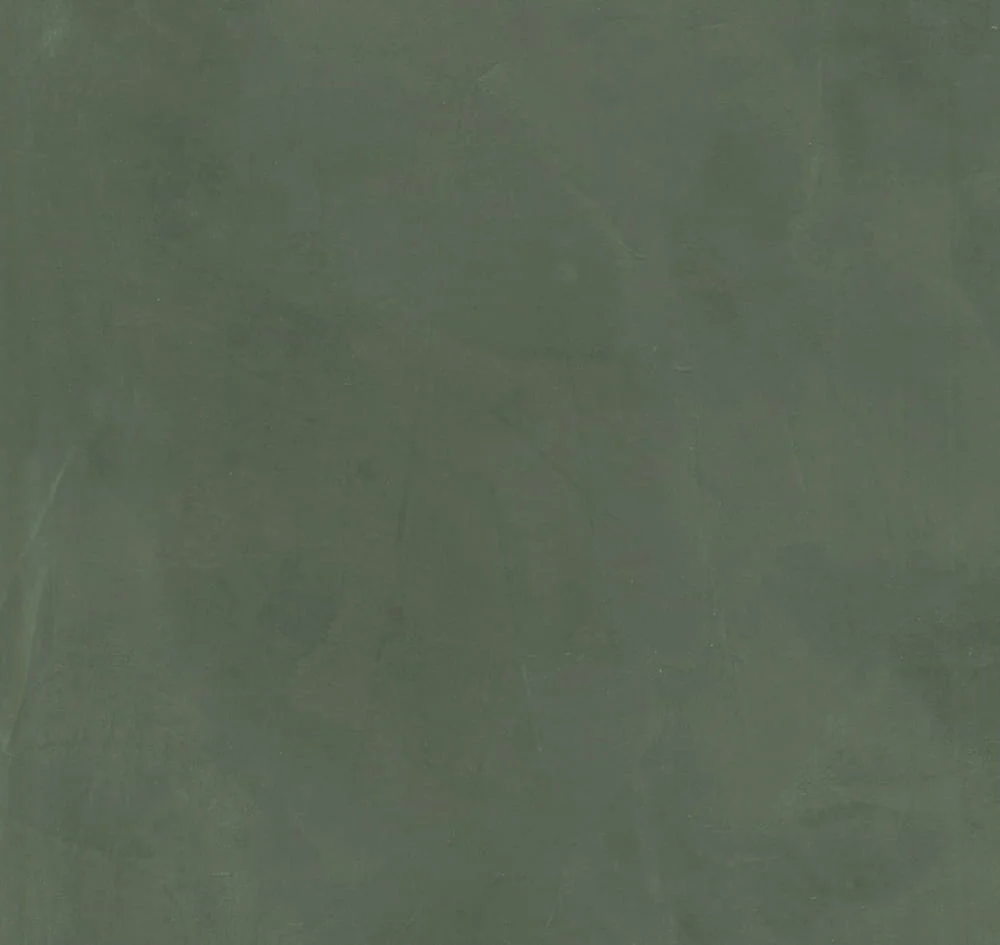
Basalt
Bone white
Forest
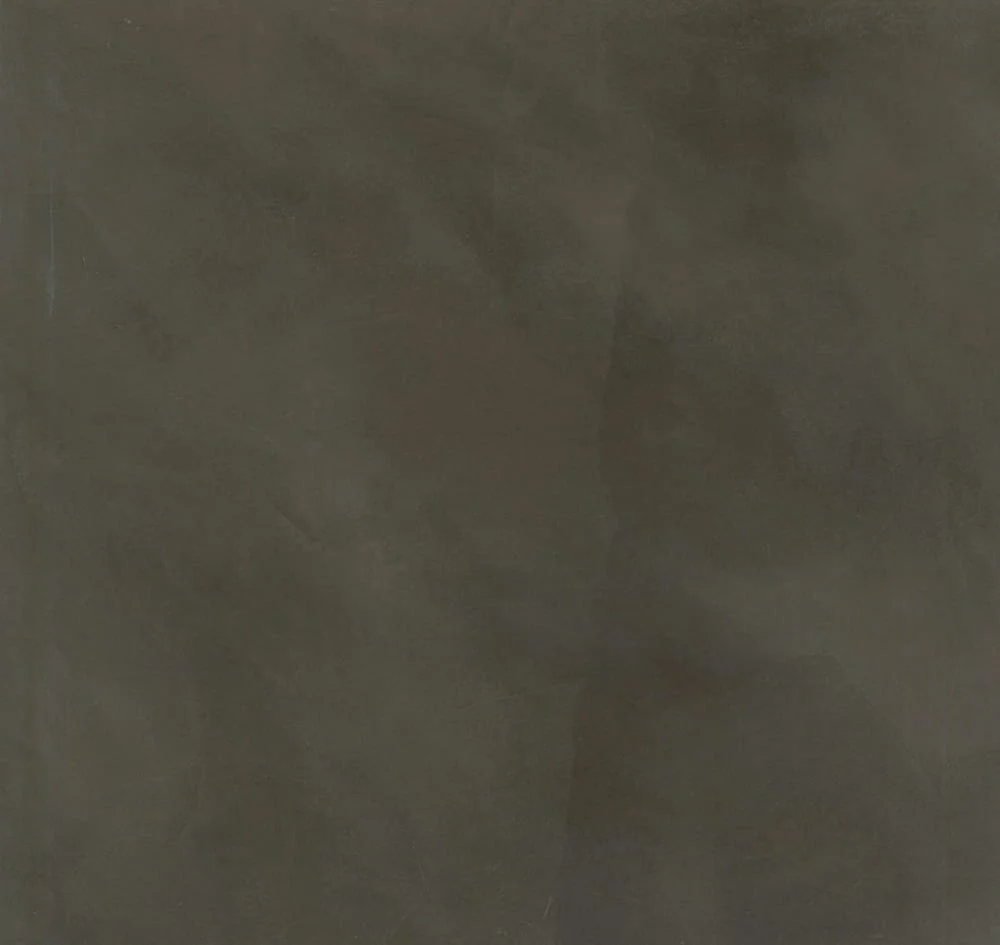
Cedar

Sky
Desert
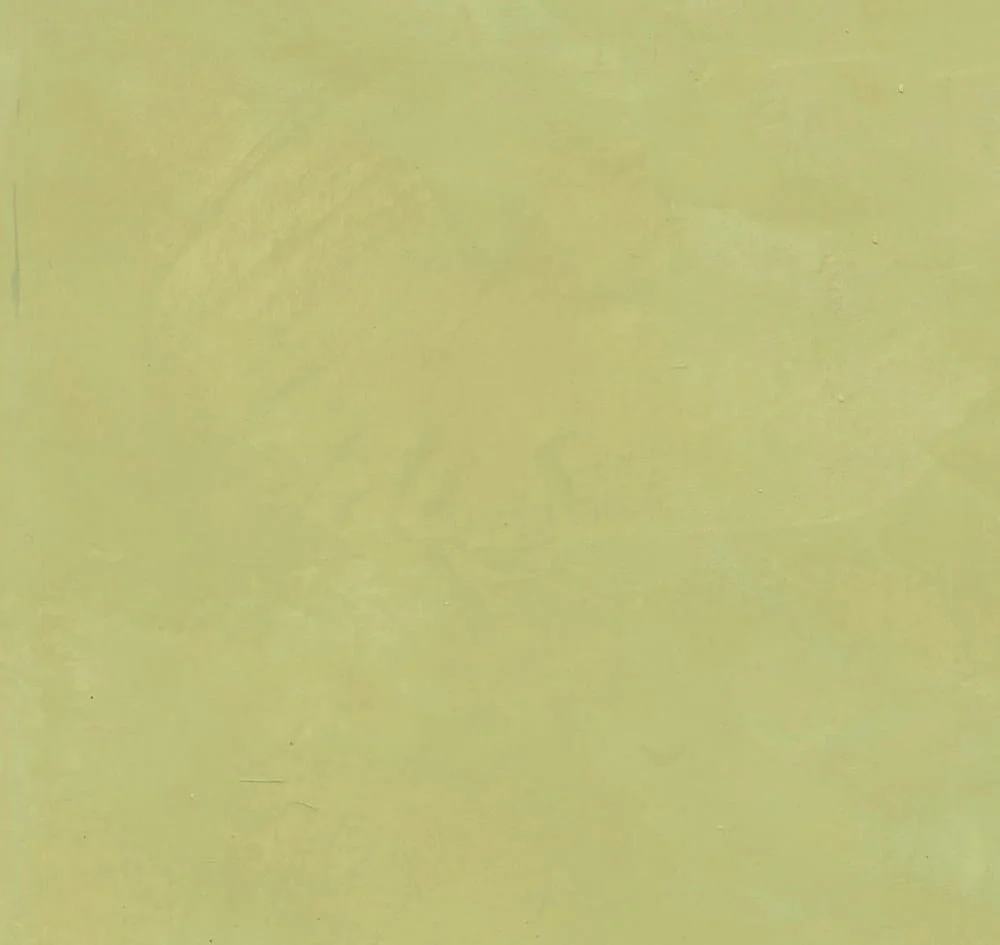
Gold
Fresh
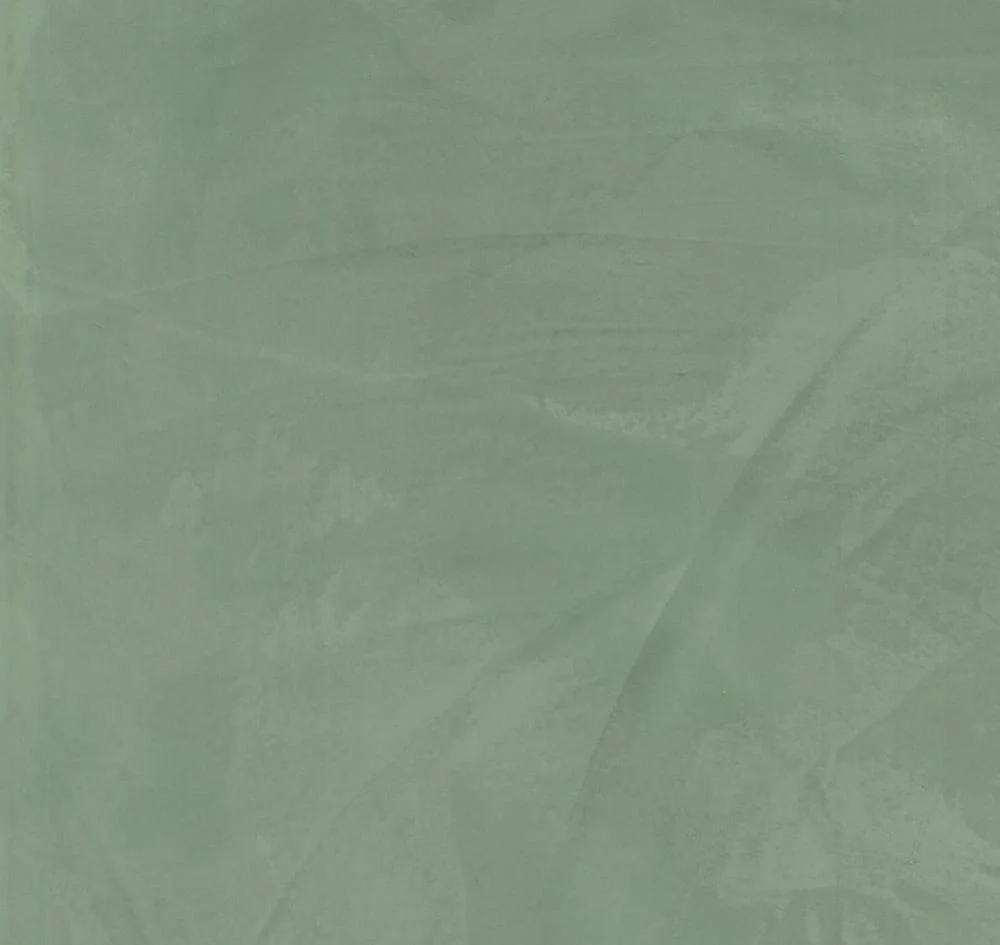
Solid gray
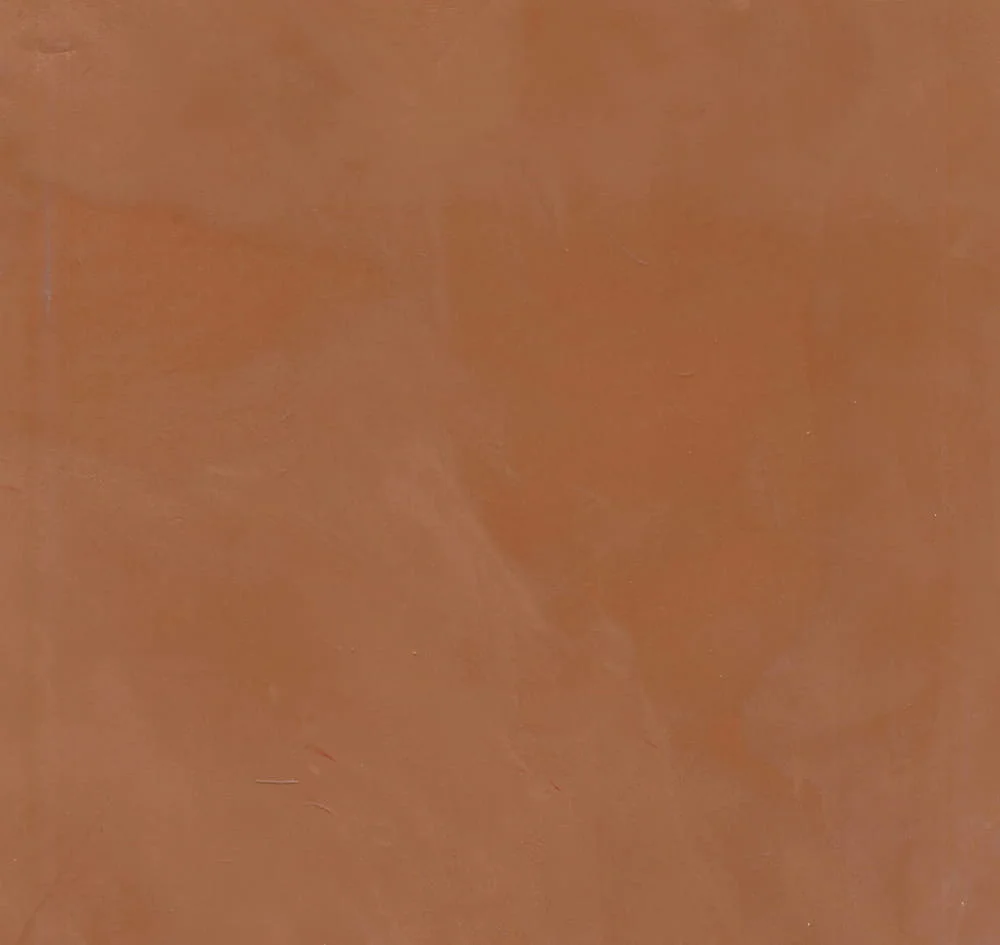
Orchard
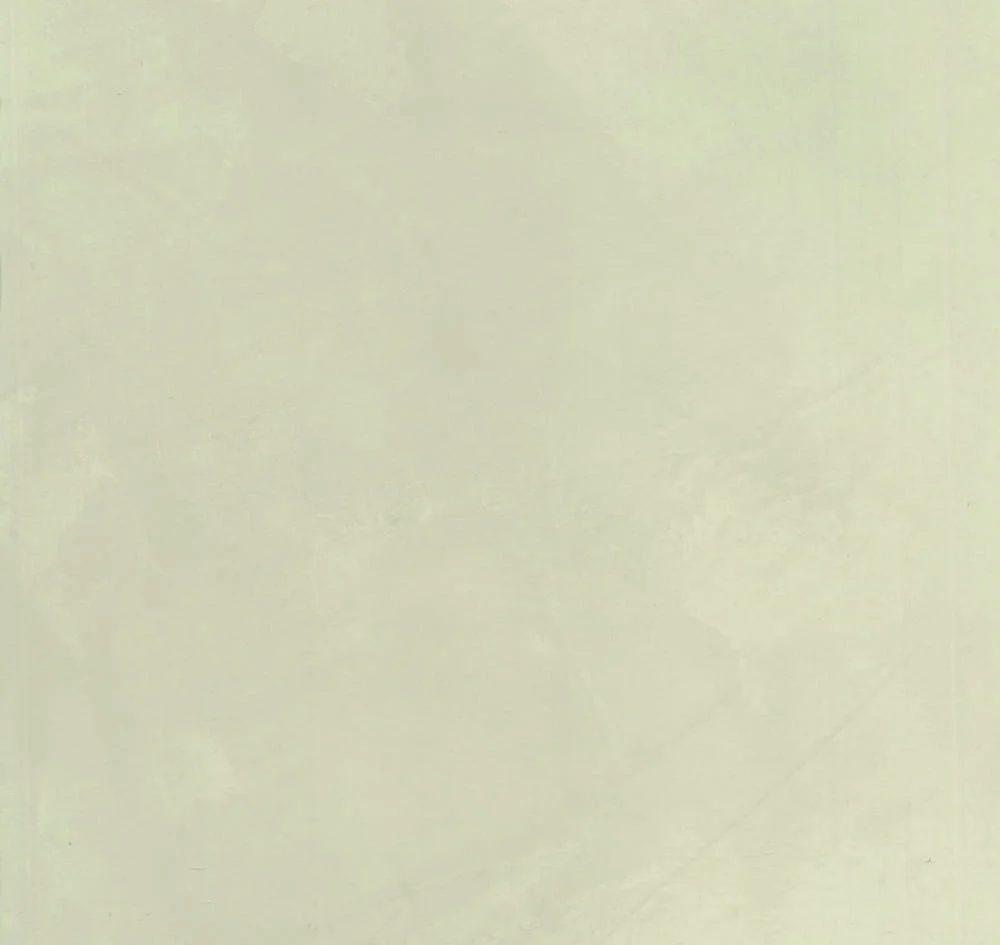
Ivory
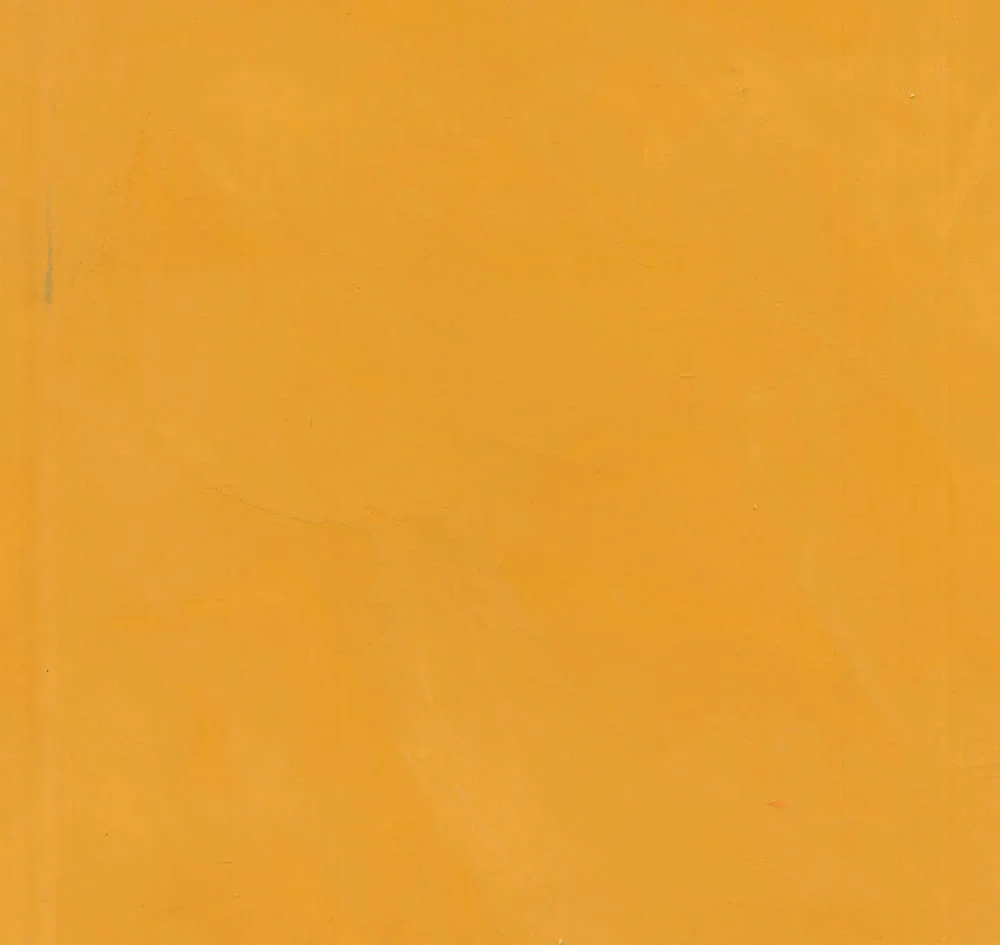
Syrup

Kiwi
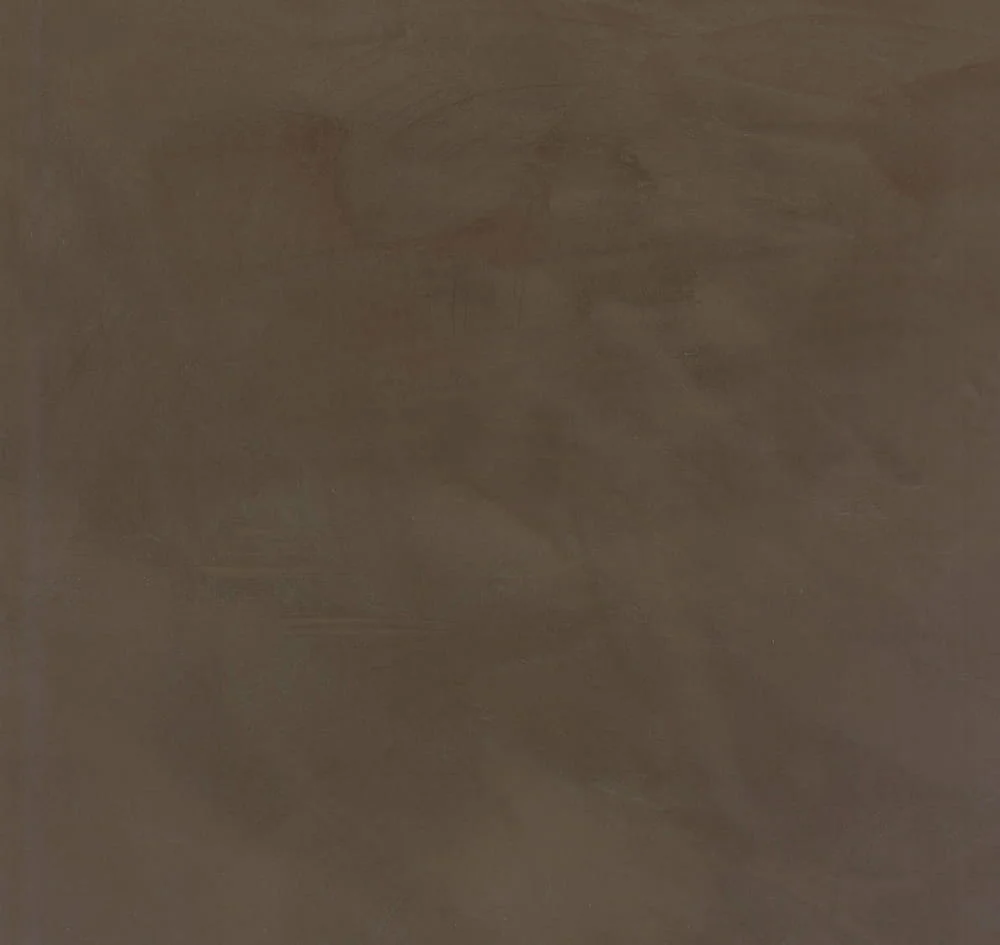
Wood

Mandarin

Ivory
Peach

Black
Snow
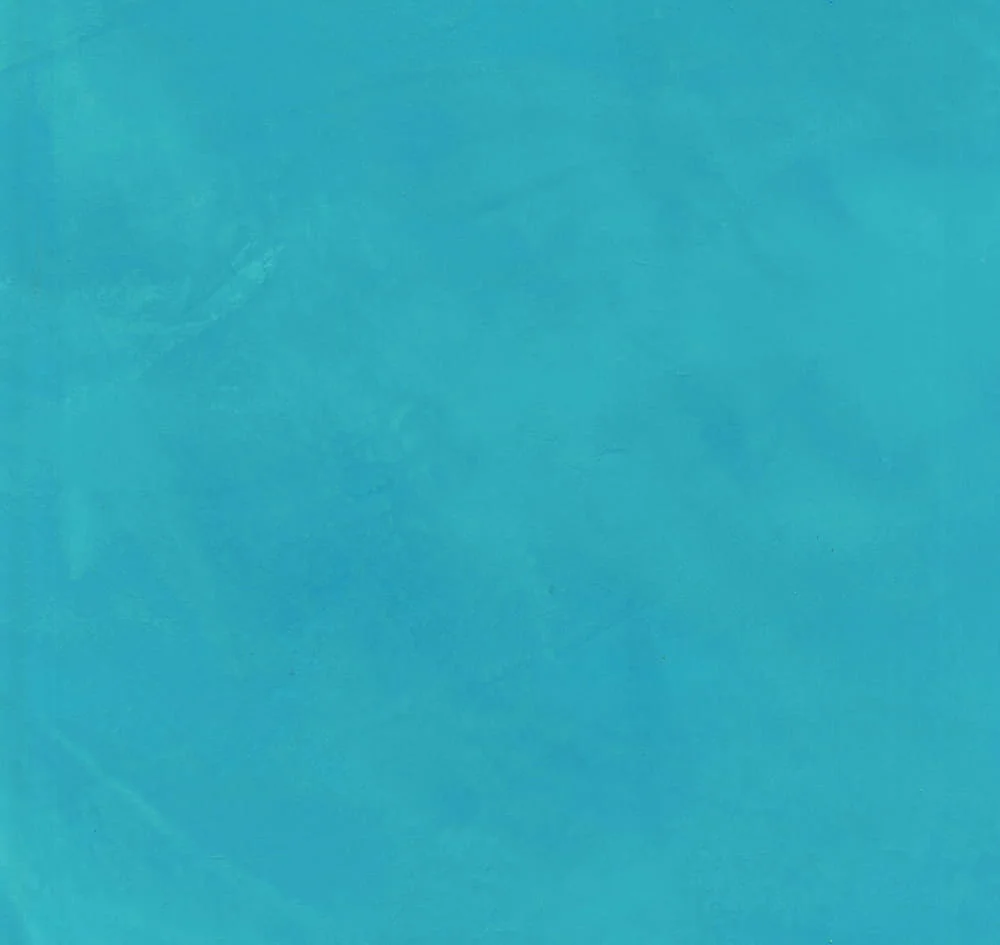
Ocean
Pearl
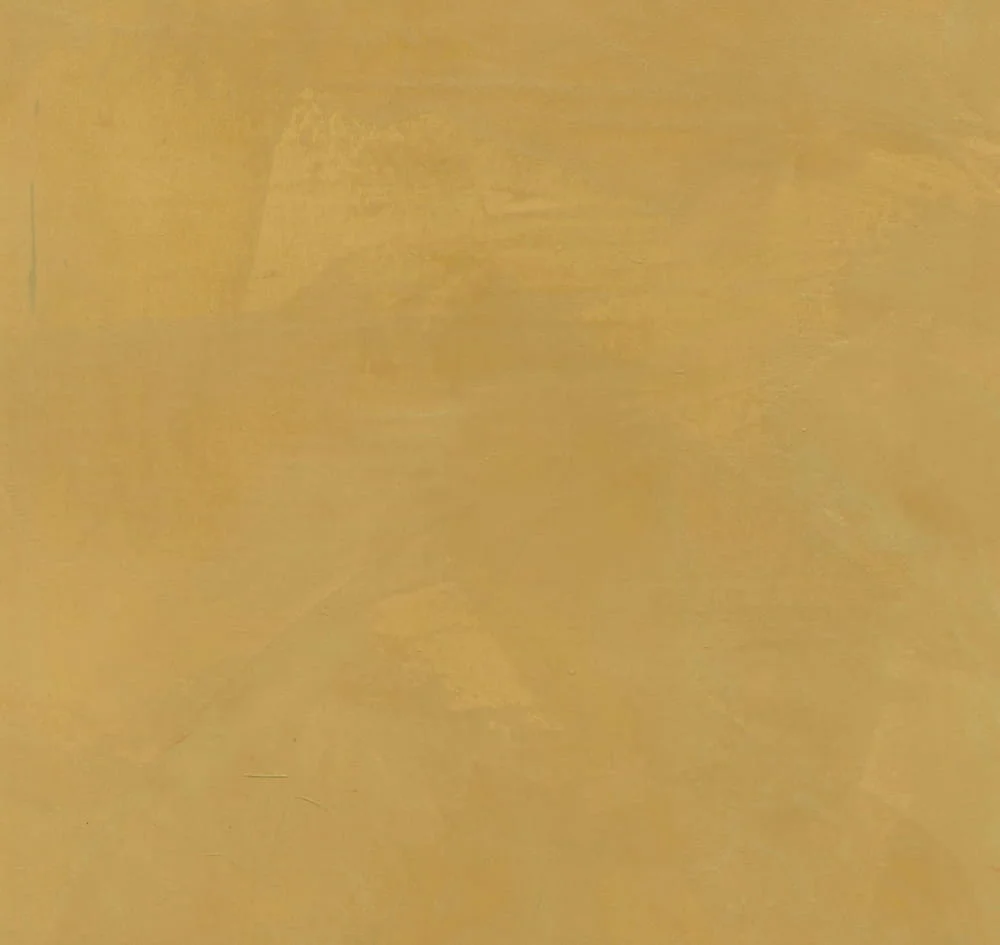
Safari
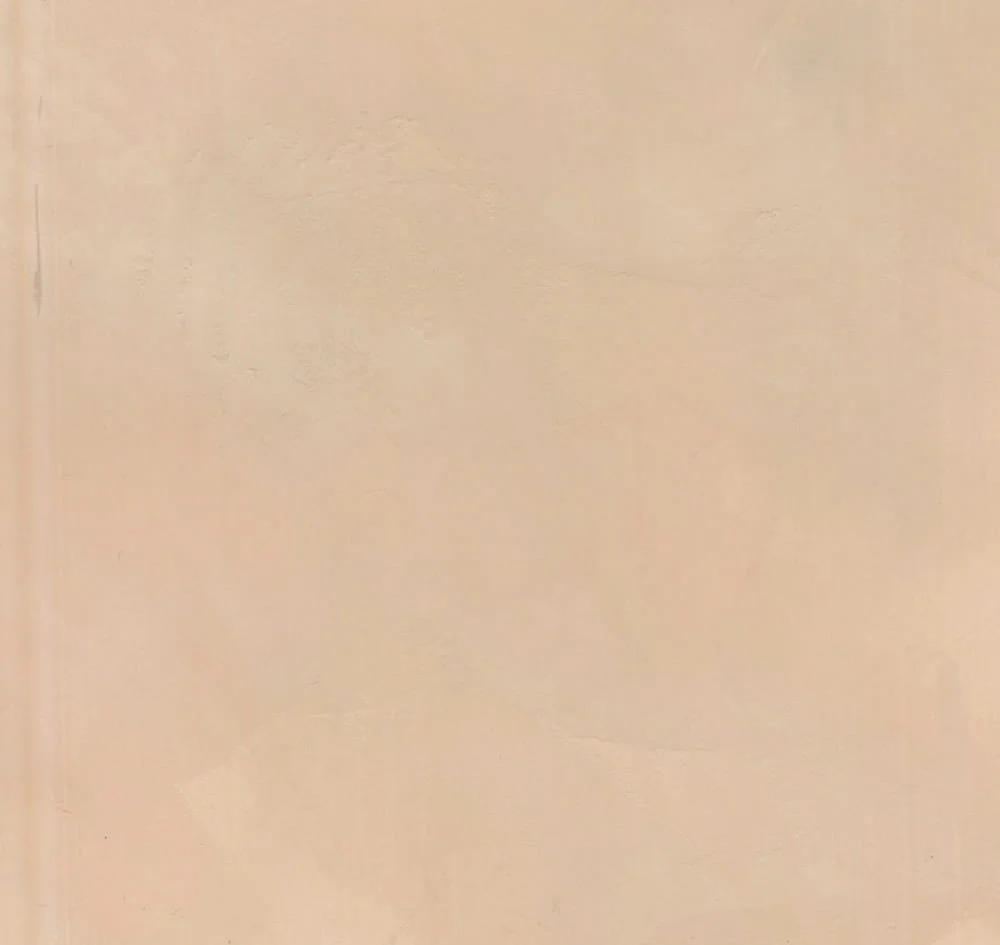
Salmon
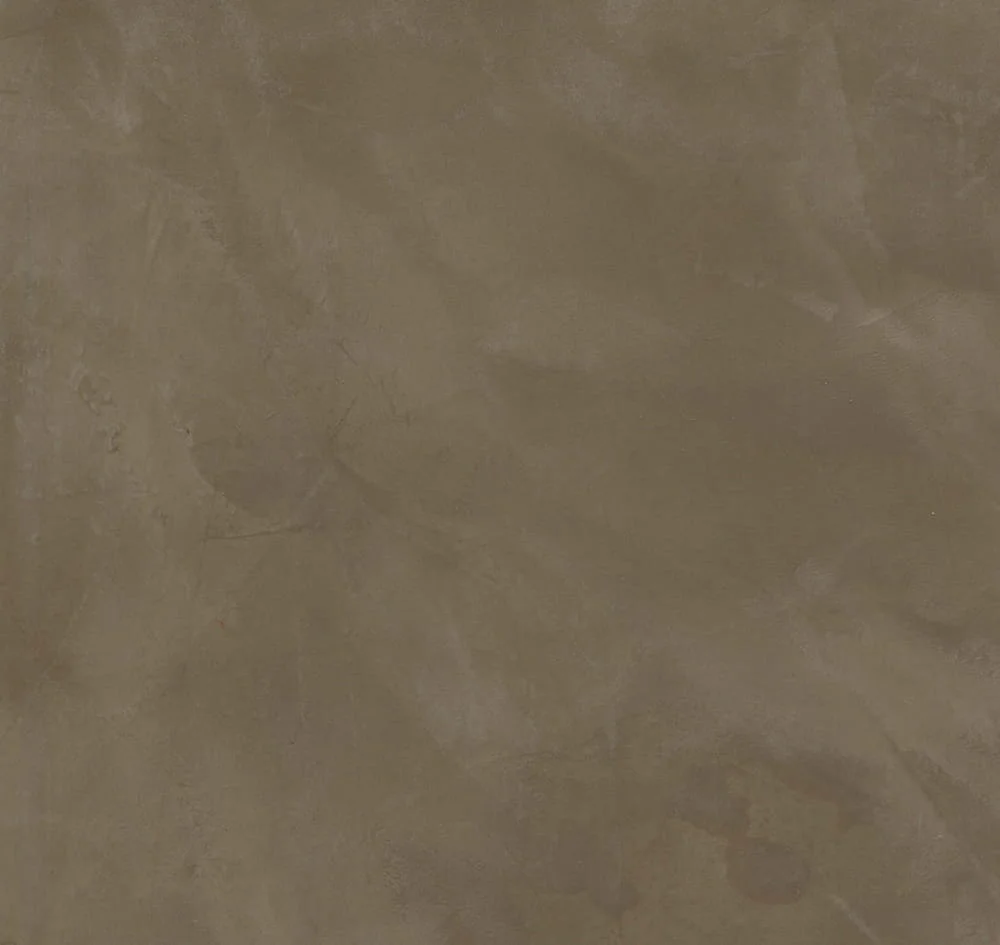
Sawdust
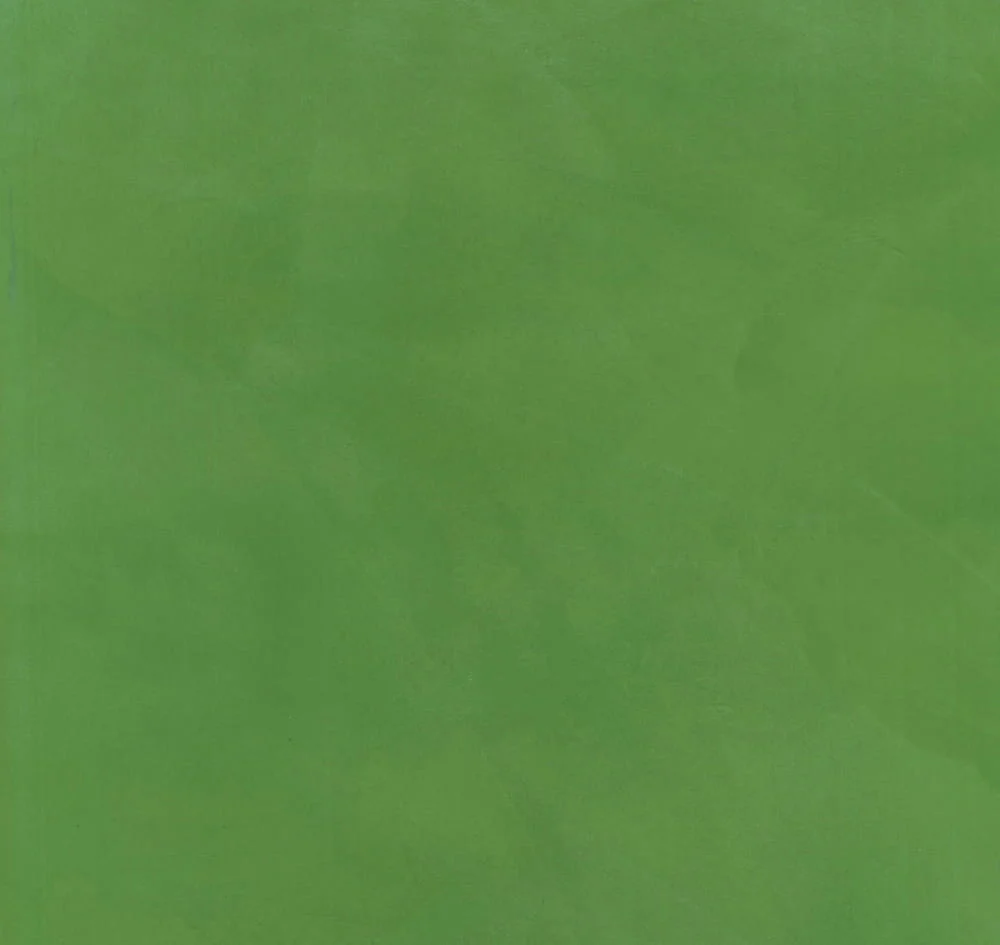
Clover
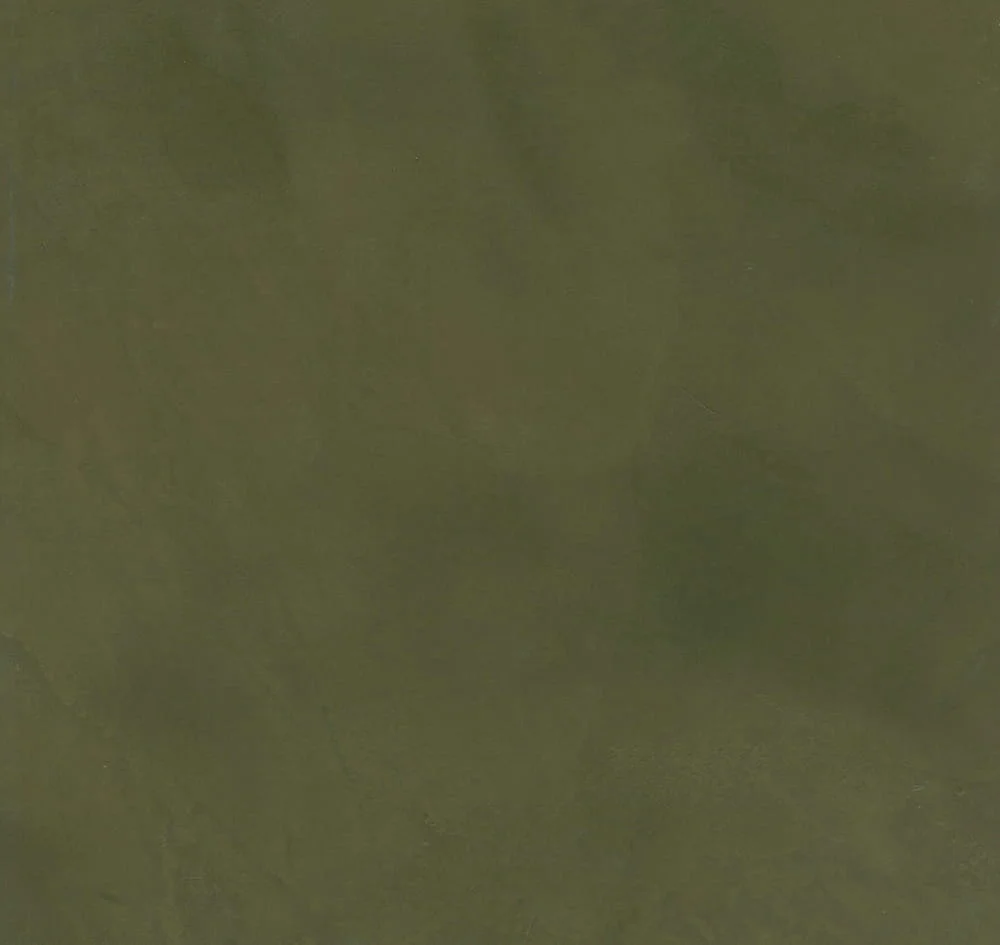
Truffle
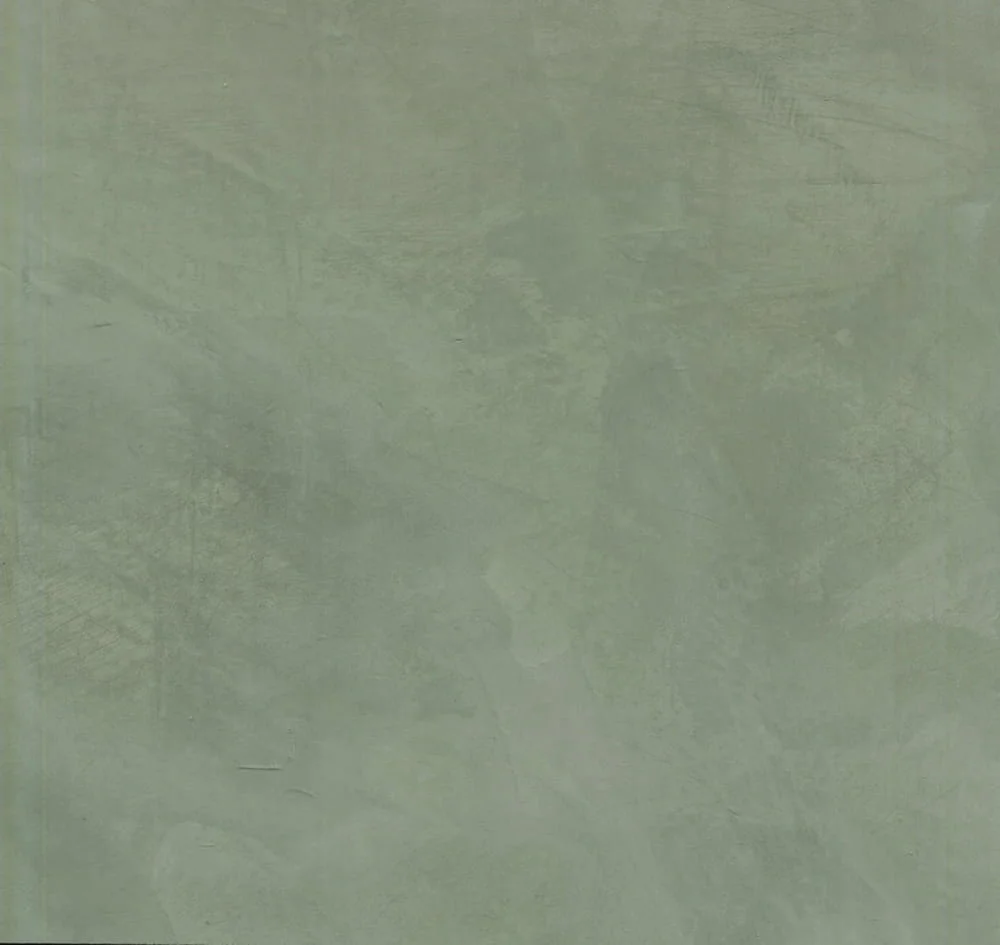
Zinc
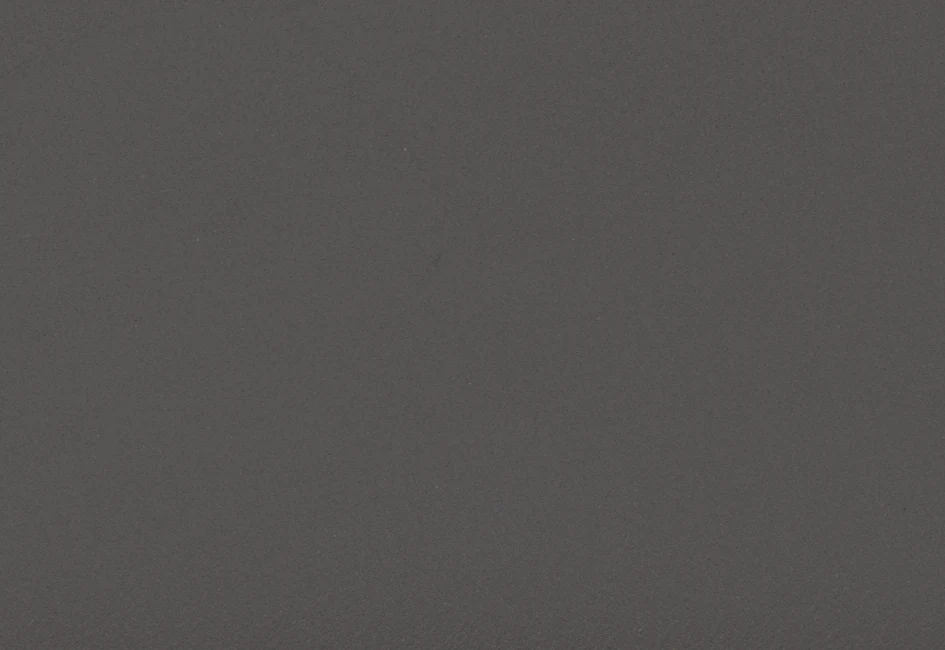
Blueberry
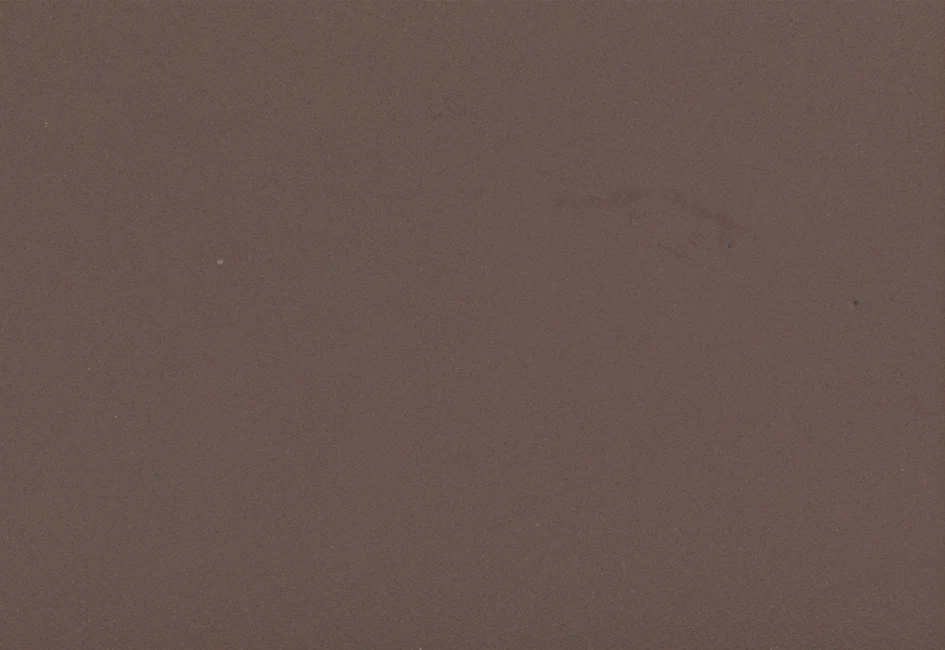
Saffron

Clove

Cocoa
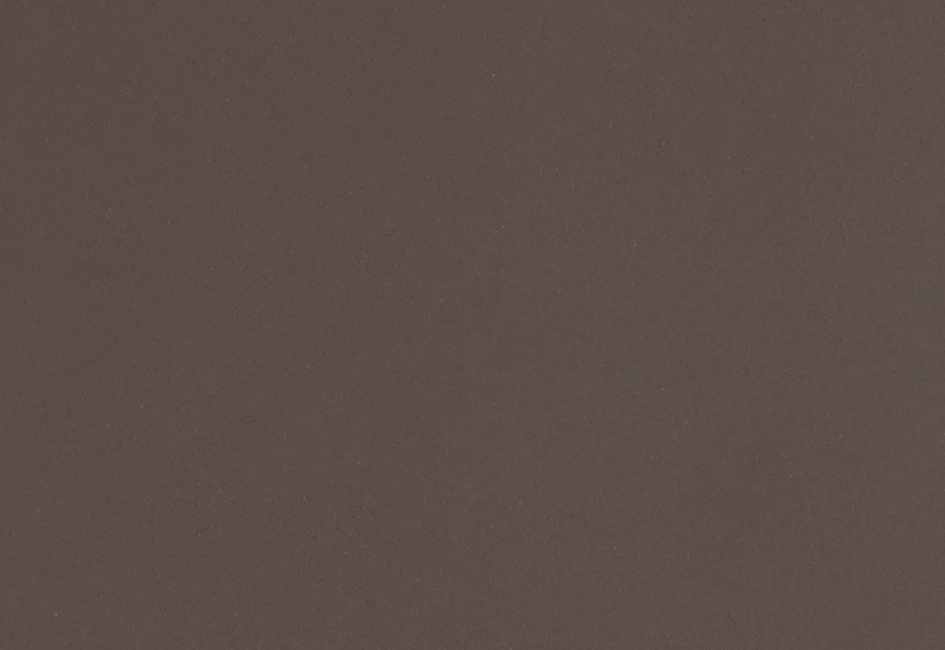
Cumin
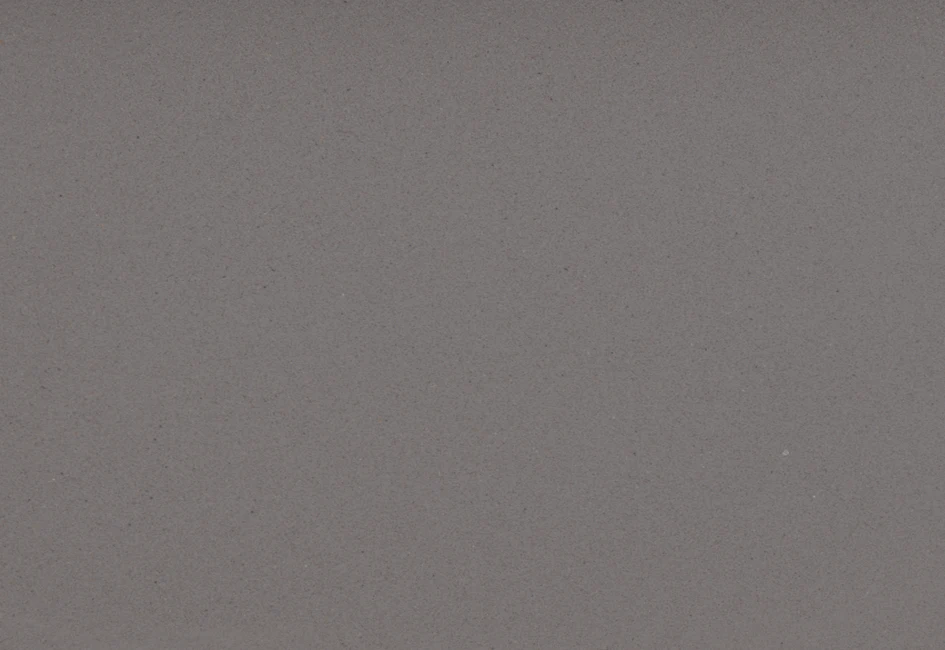
Cubeb
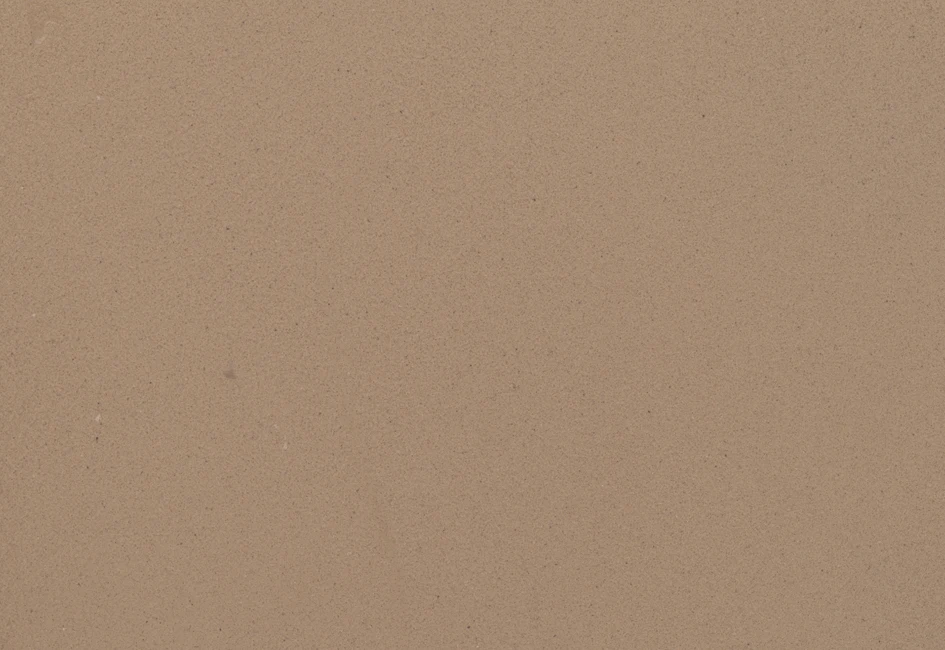
Turmeric

Juniper
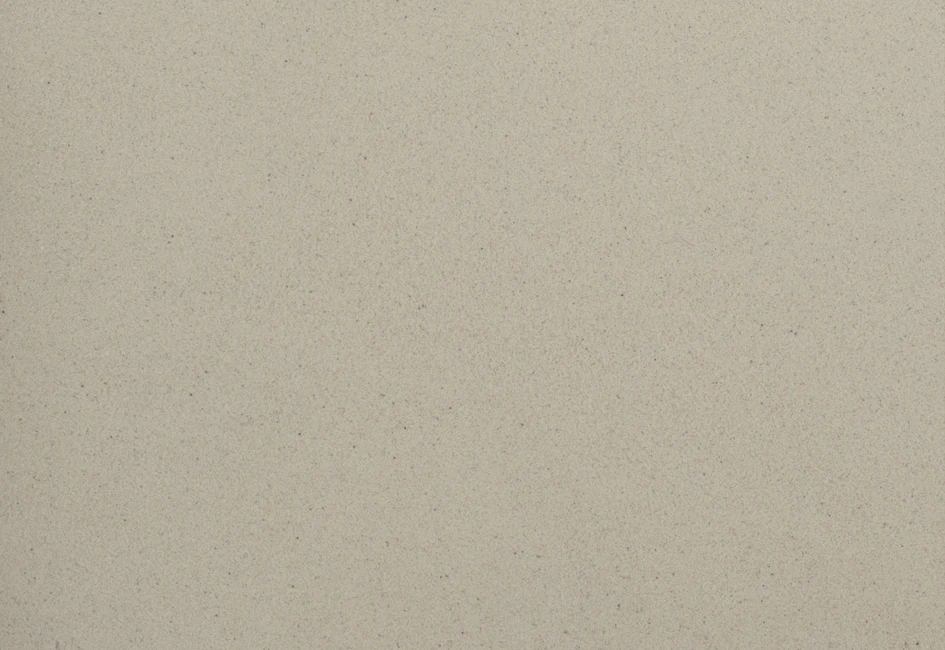
Anise
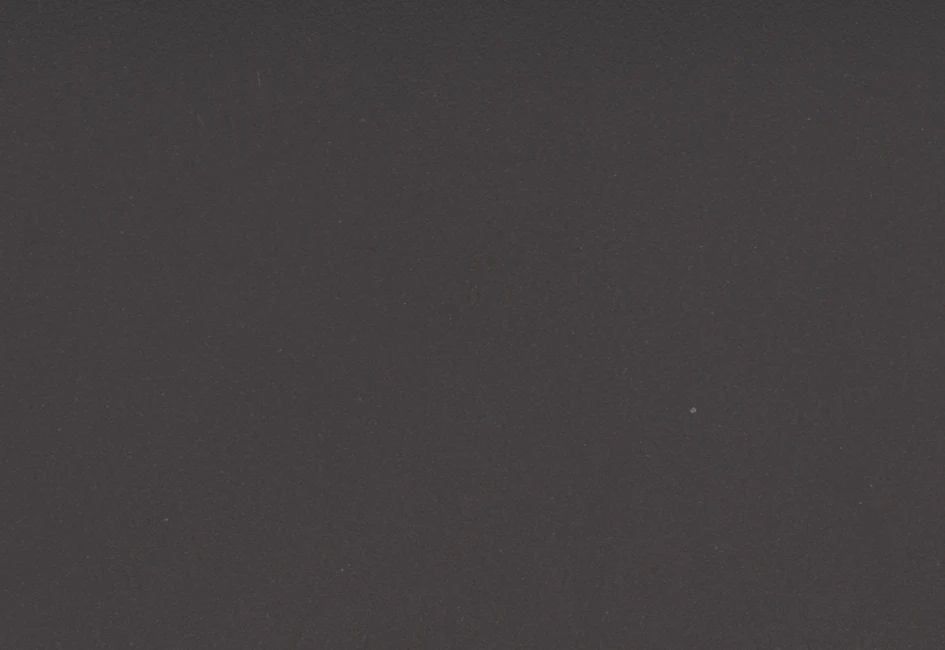
Kalinji
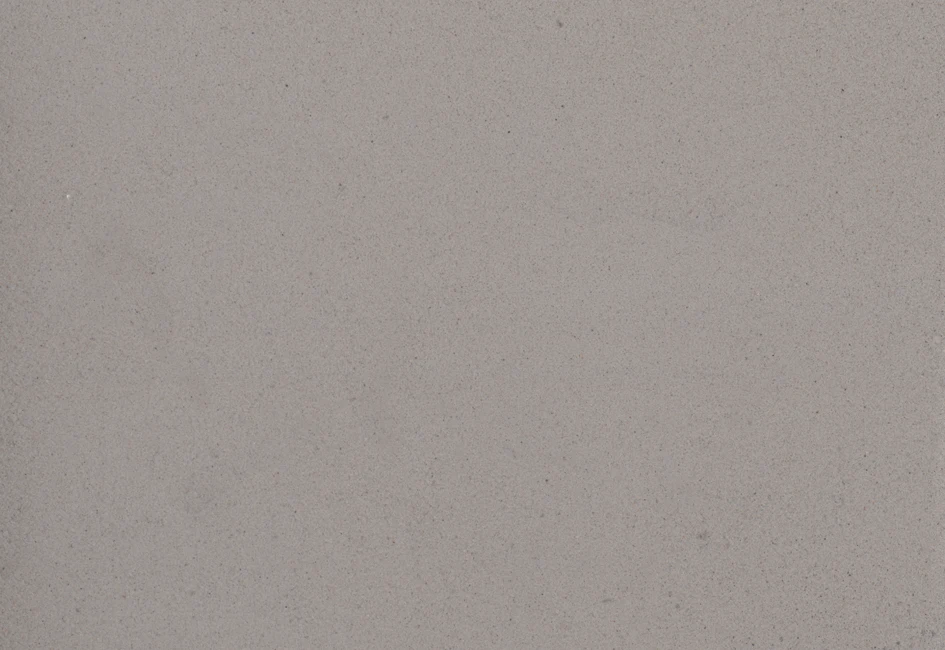
Myrrh
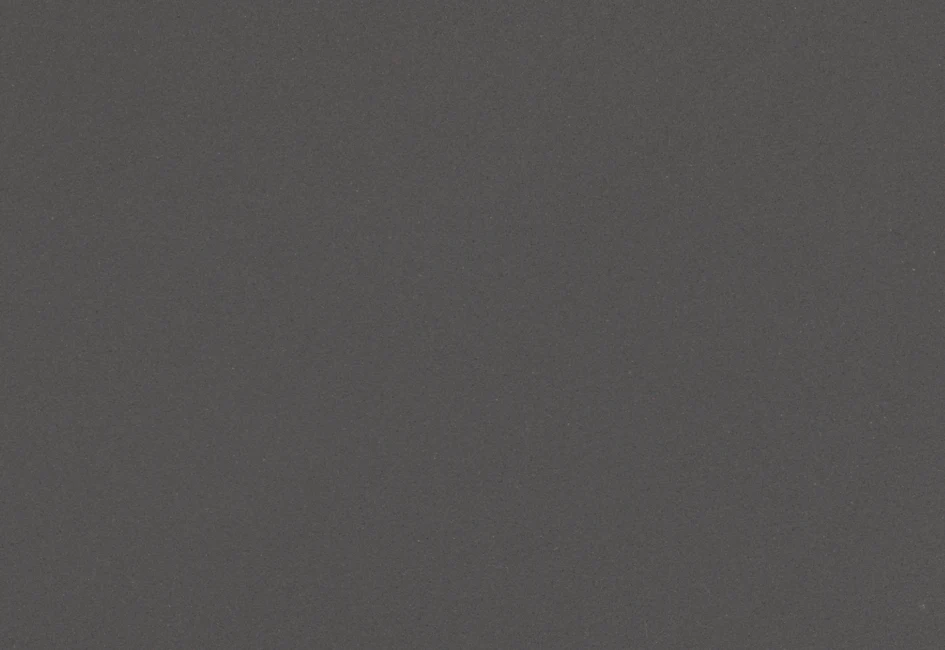
Nigella
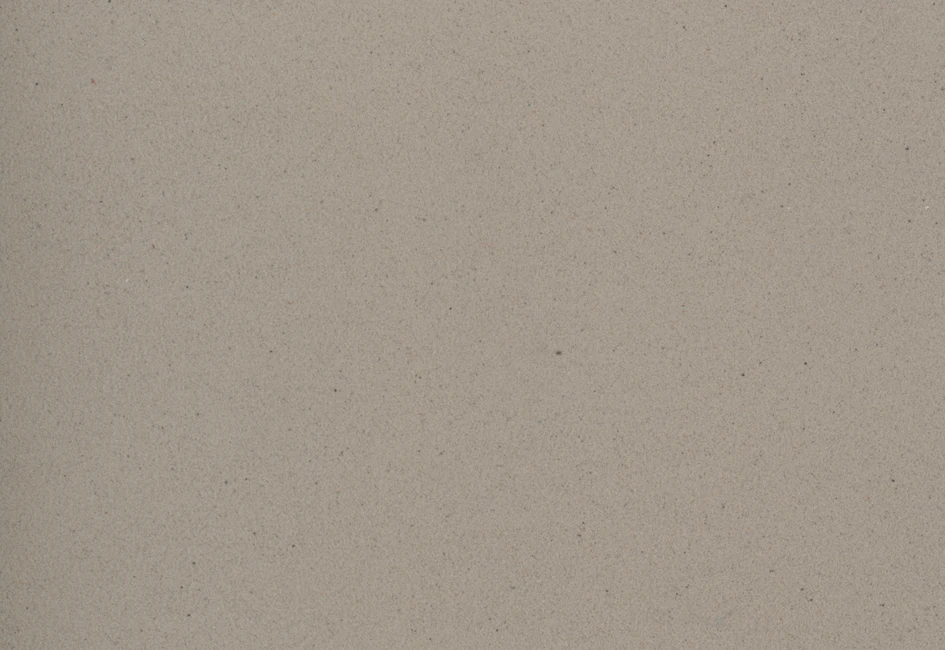
Walnut
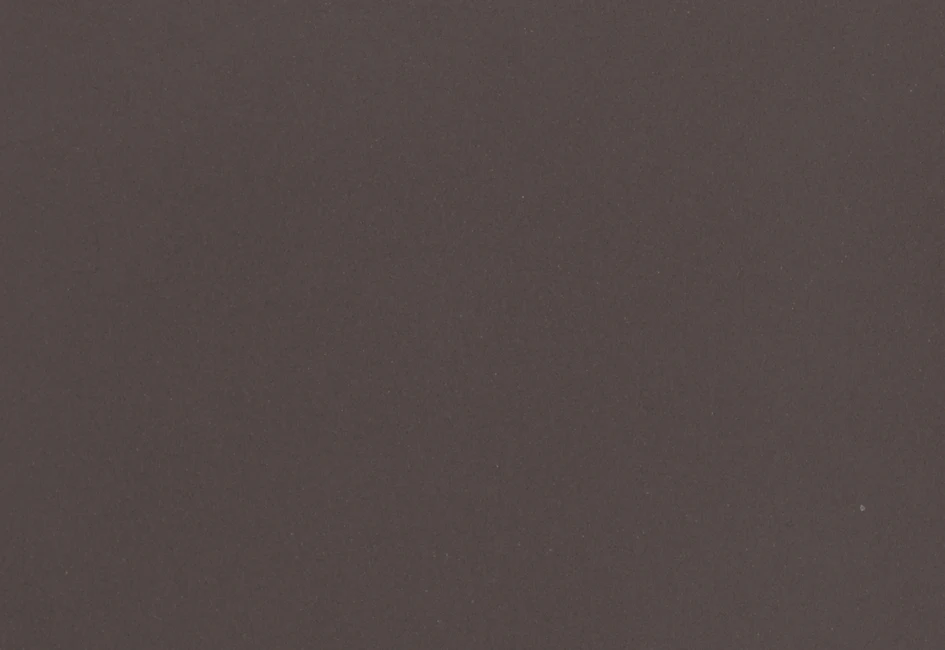
Pepper
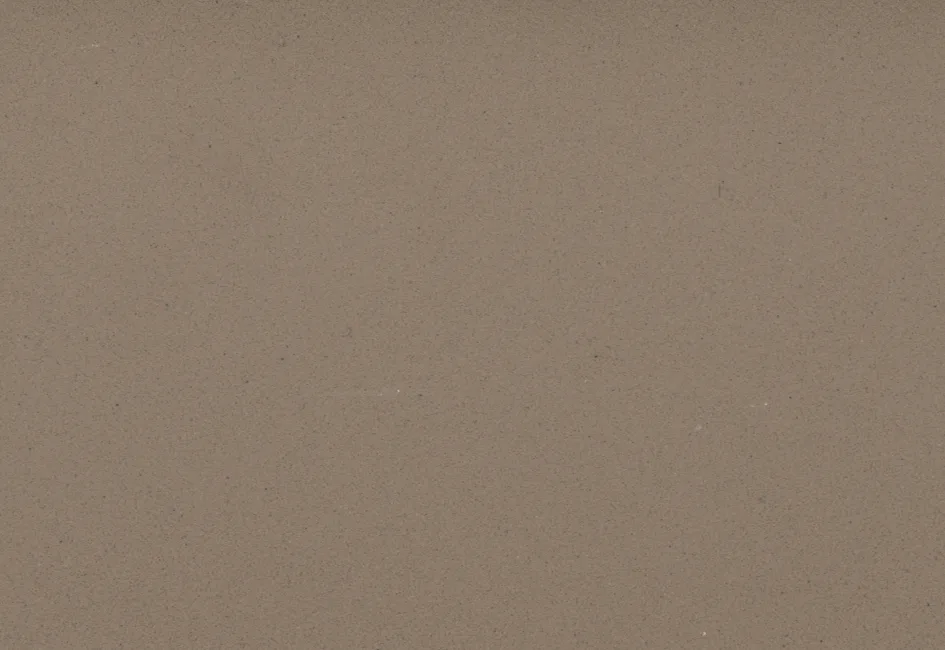
Sesame
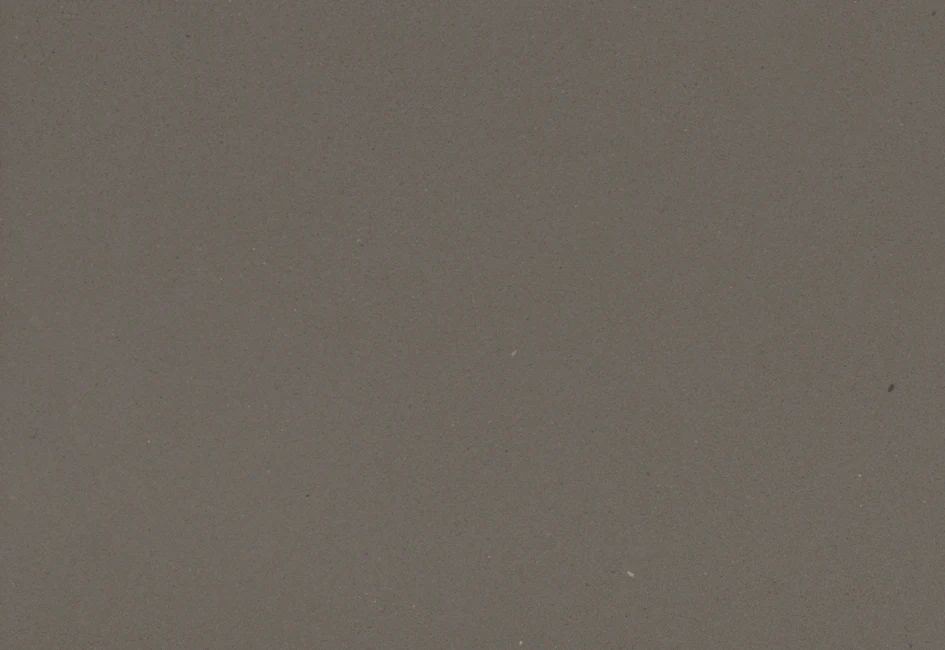
Thyme
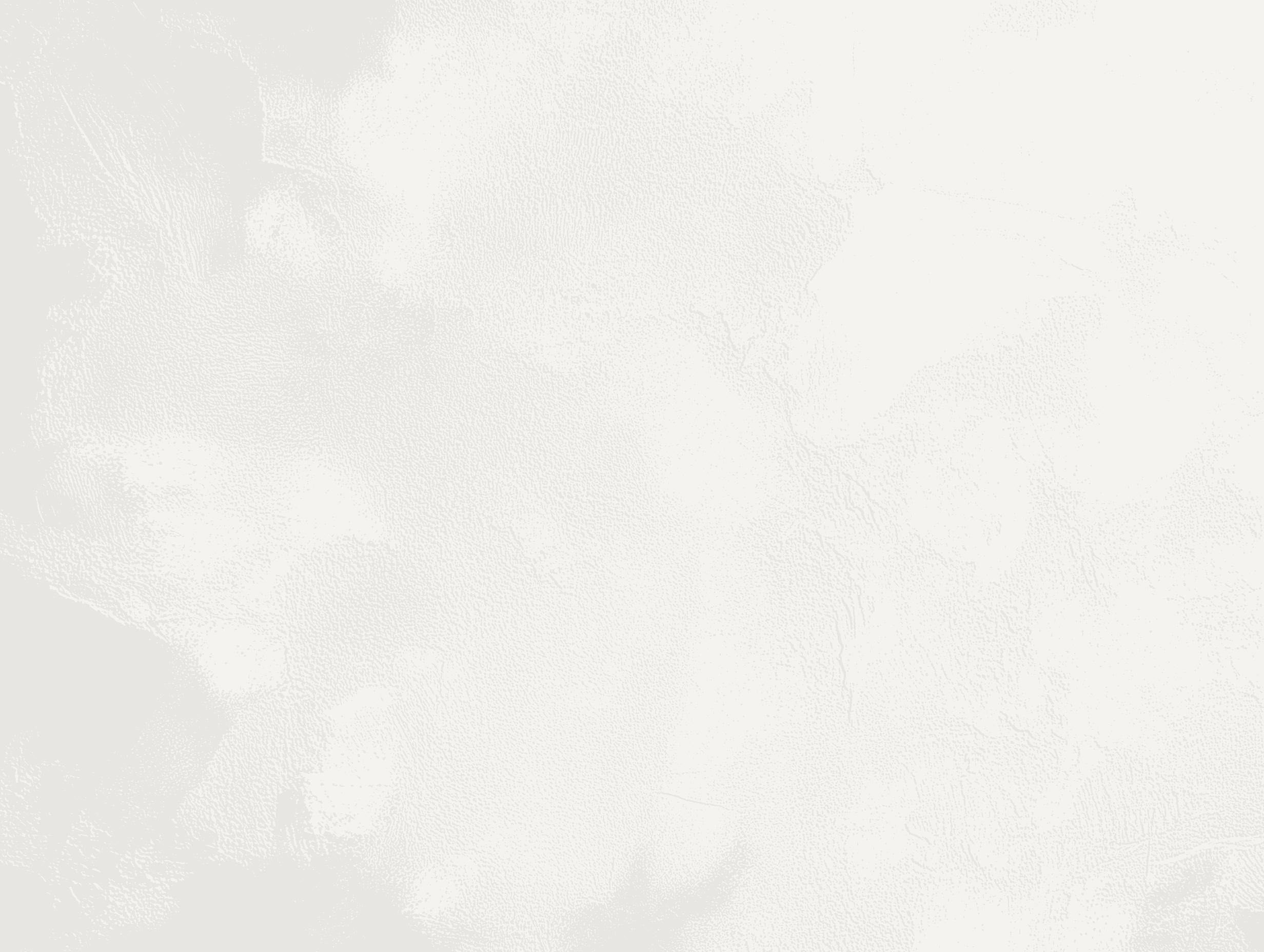
Blanco
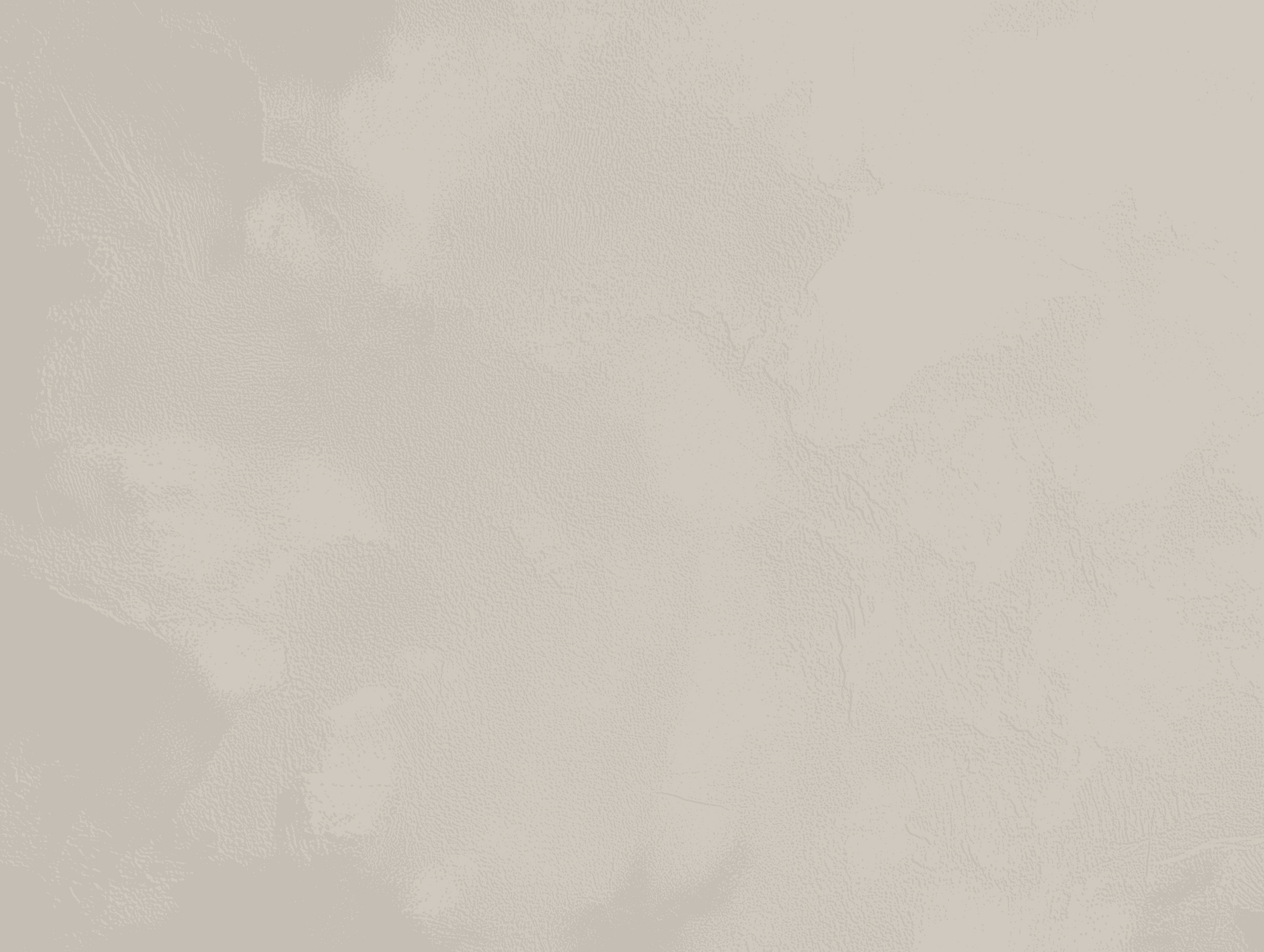
Blanco roto
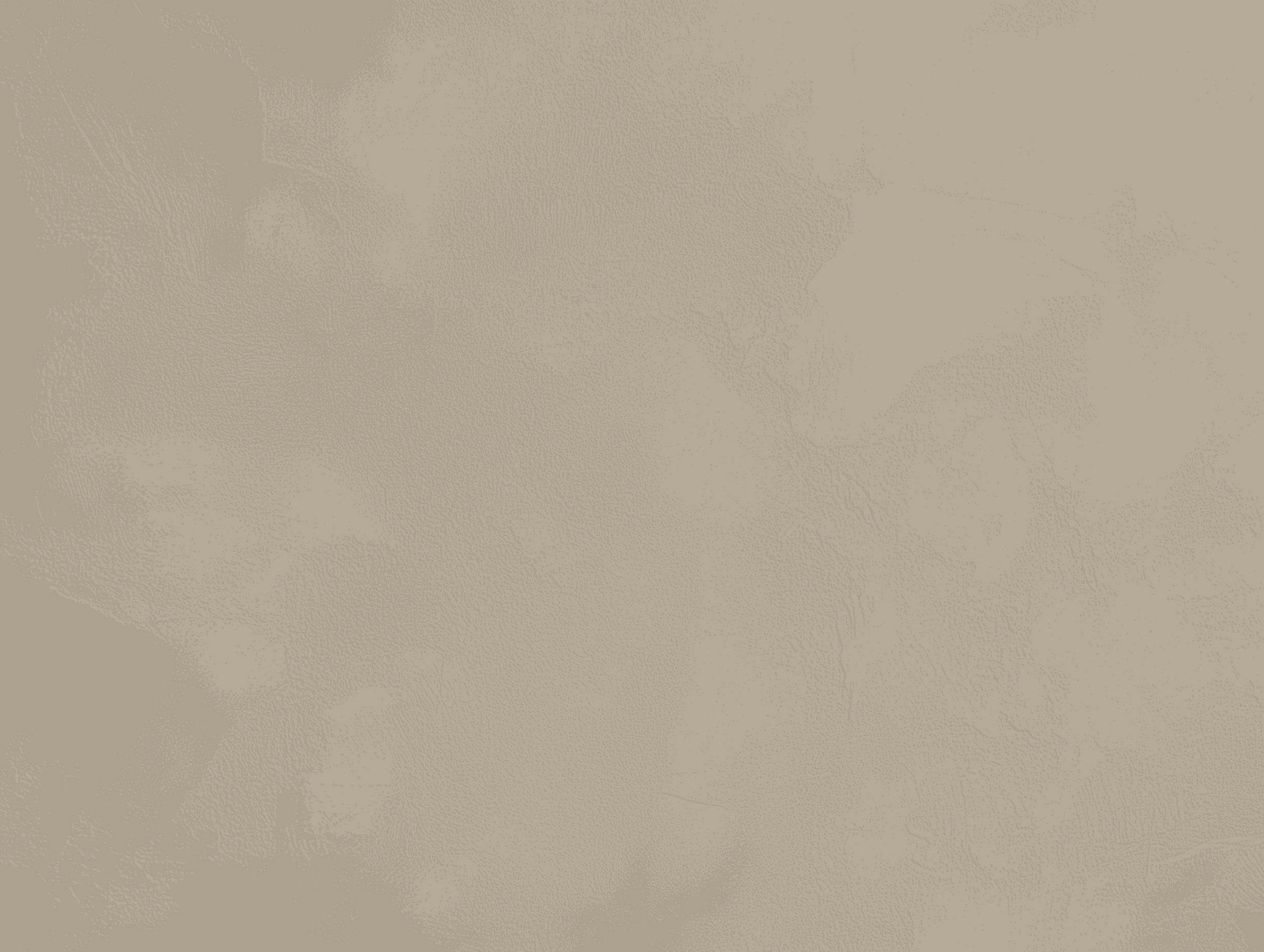
Bone
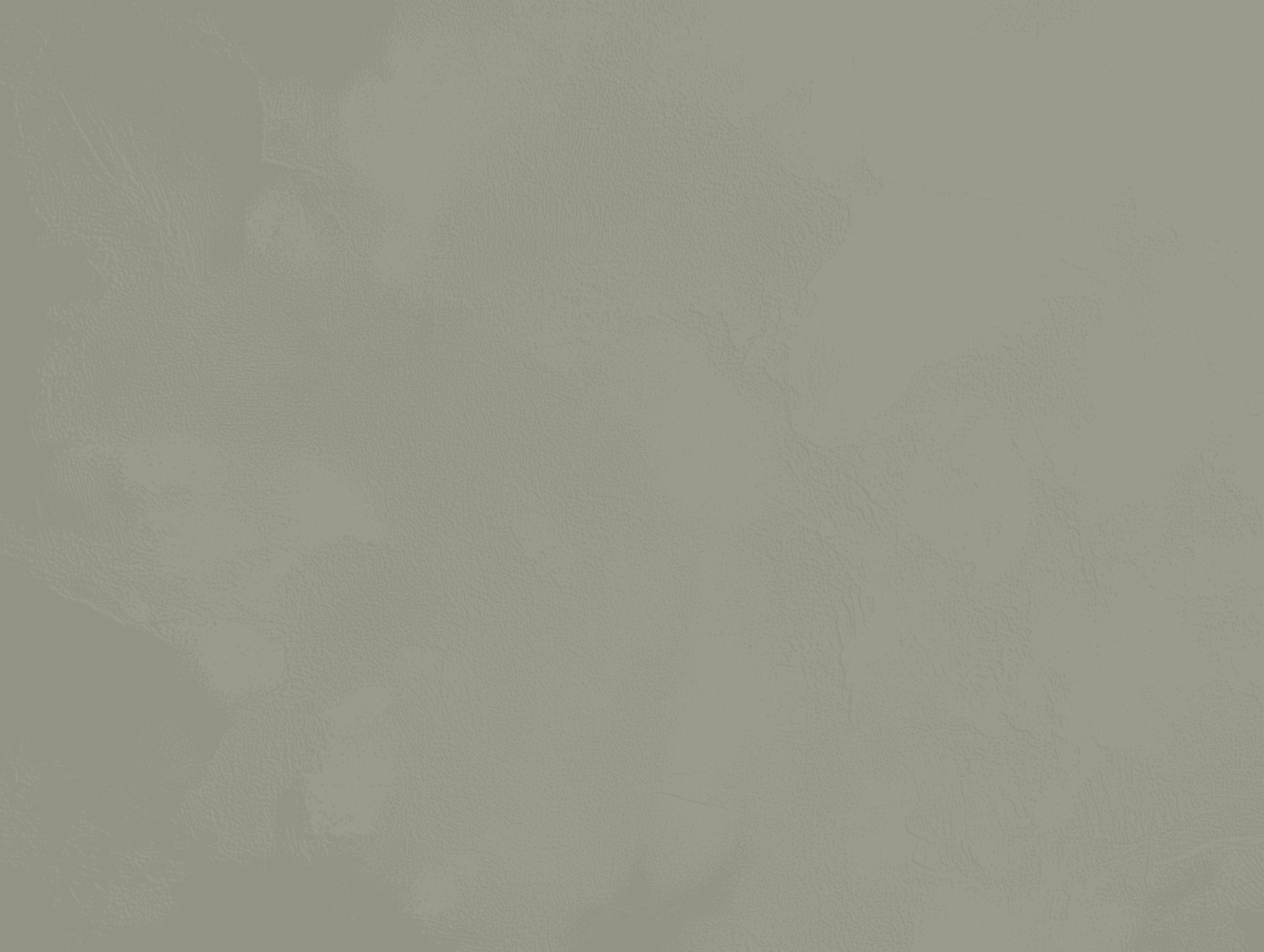
Liquen
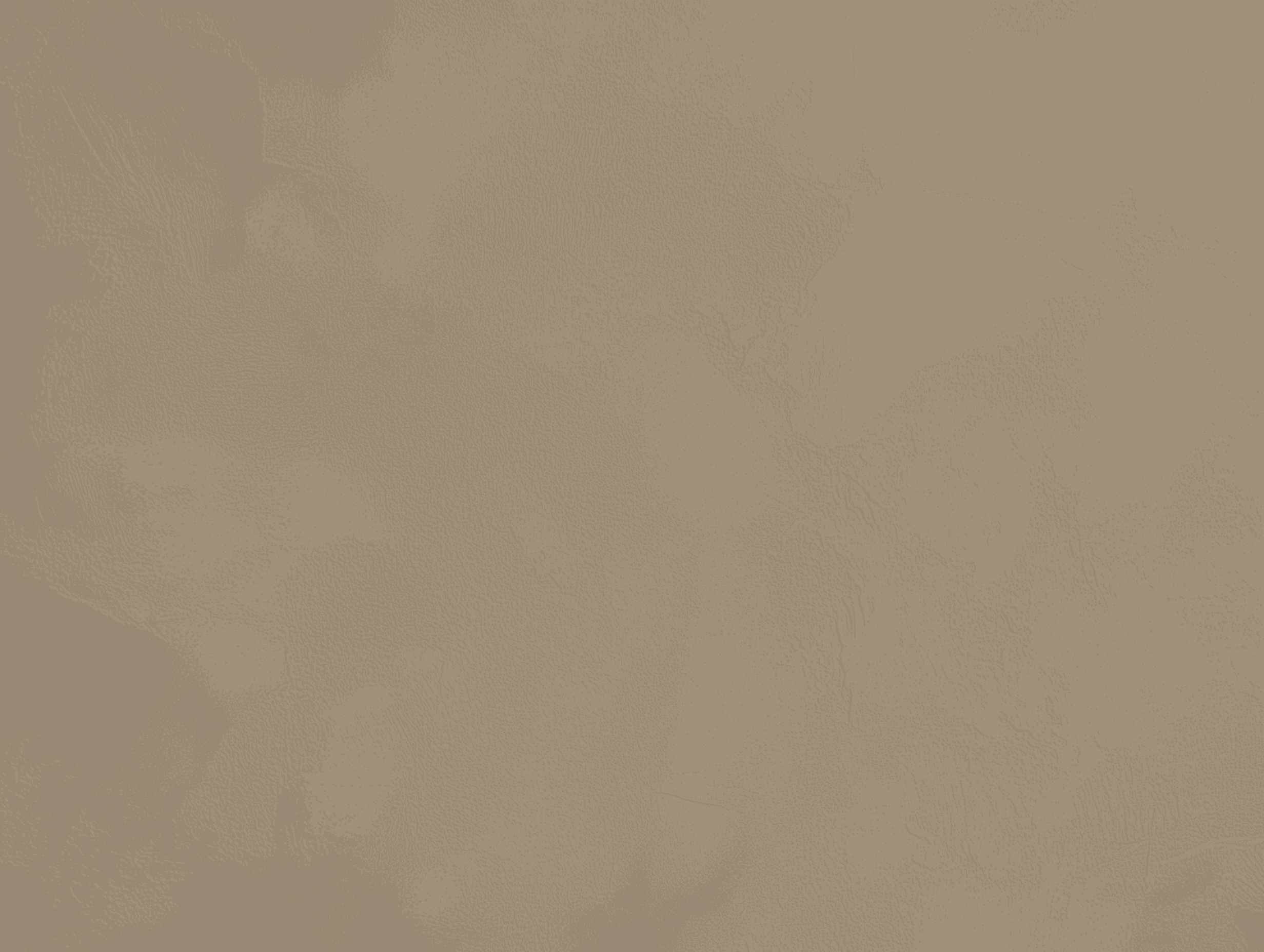
Mojave
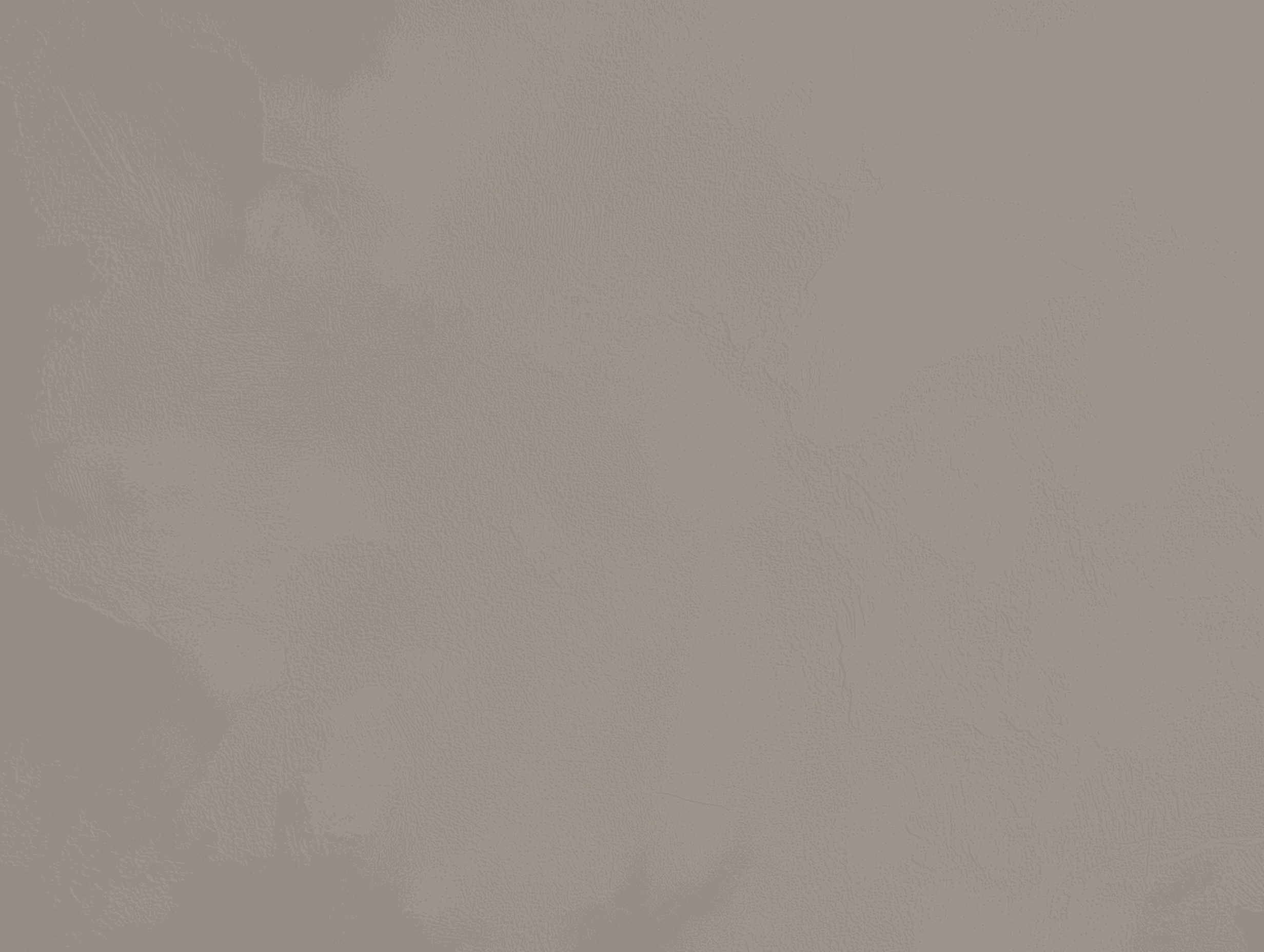
Spike
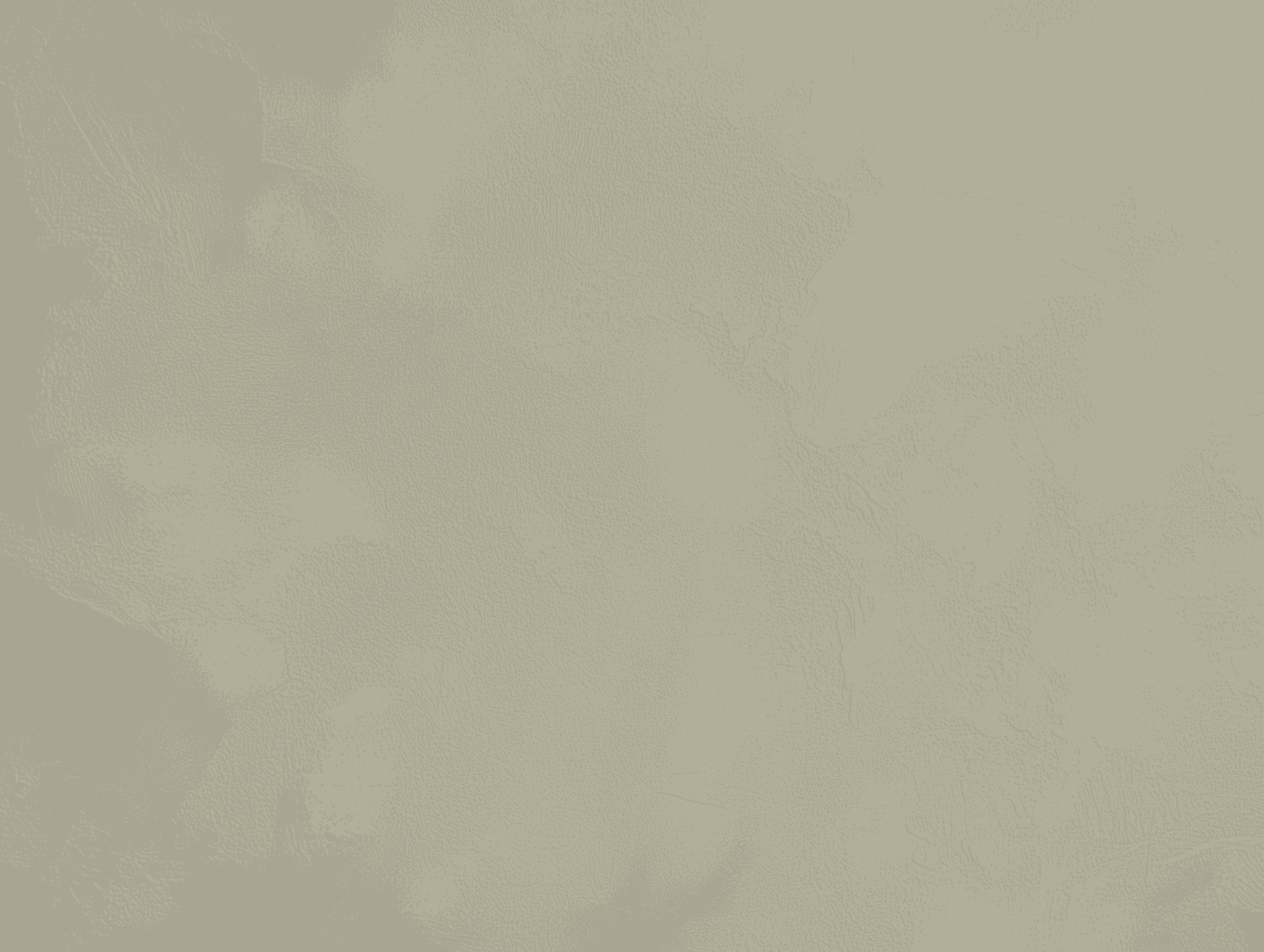
Porcelain
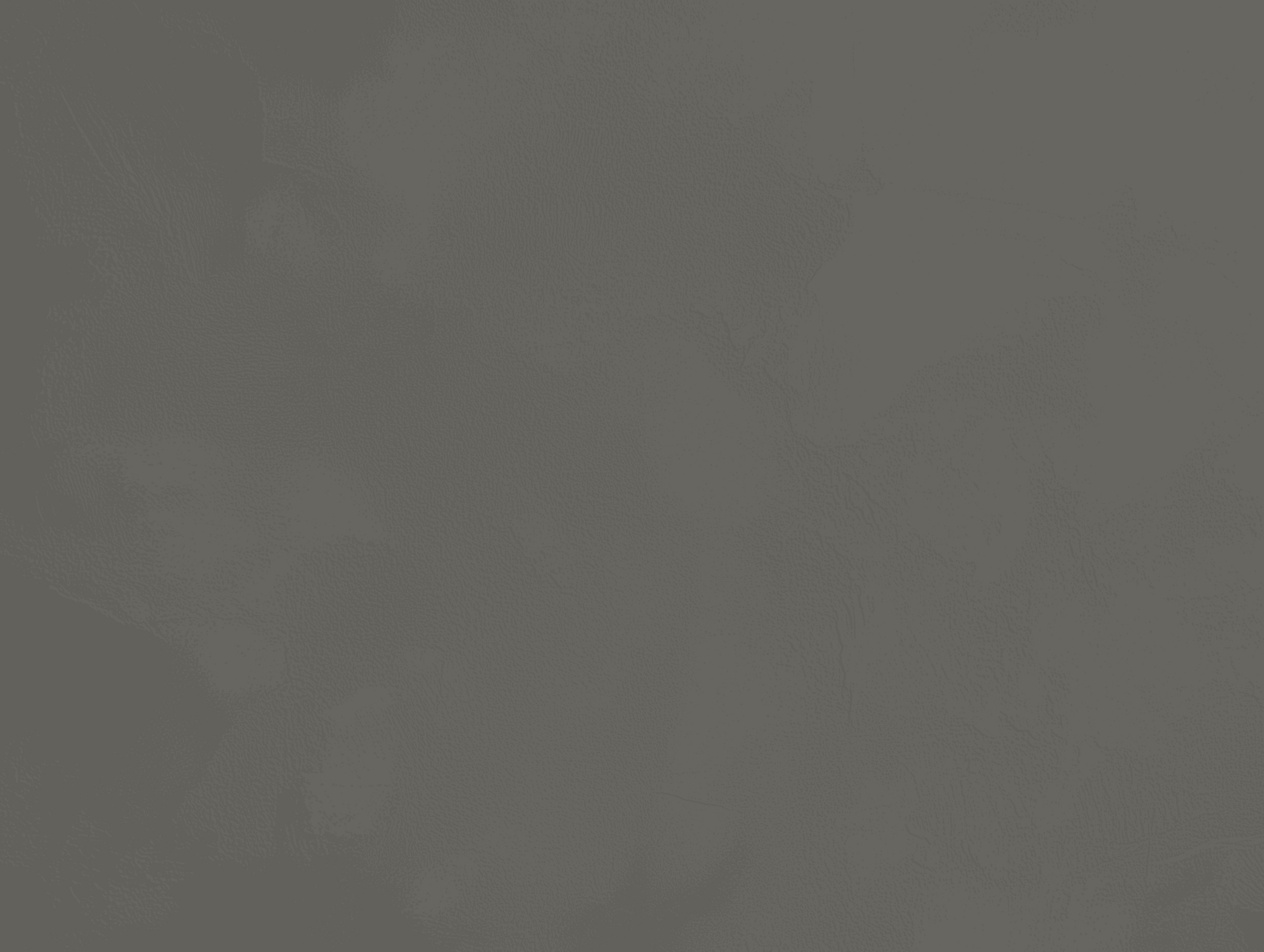
Shale Grey
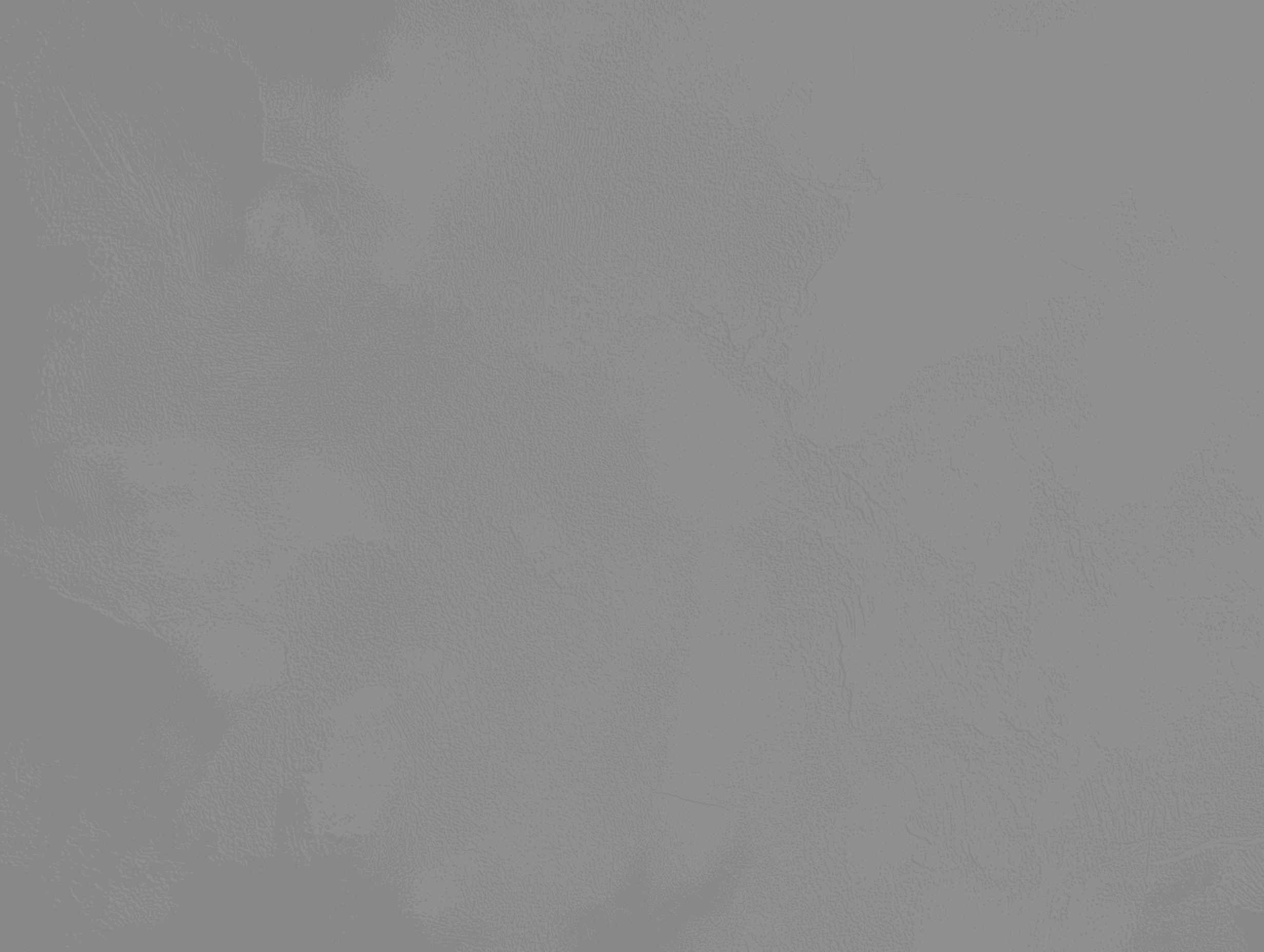
Universe
The textures of the microcement and the application of the sealing varnishes determine the style of the finishes. Depending on the style you want to achieve or the surface where the microcement will be applied, we find different types of textures.
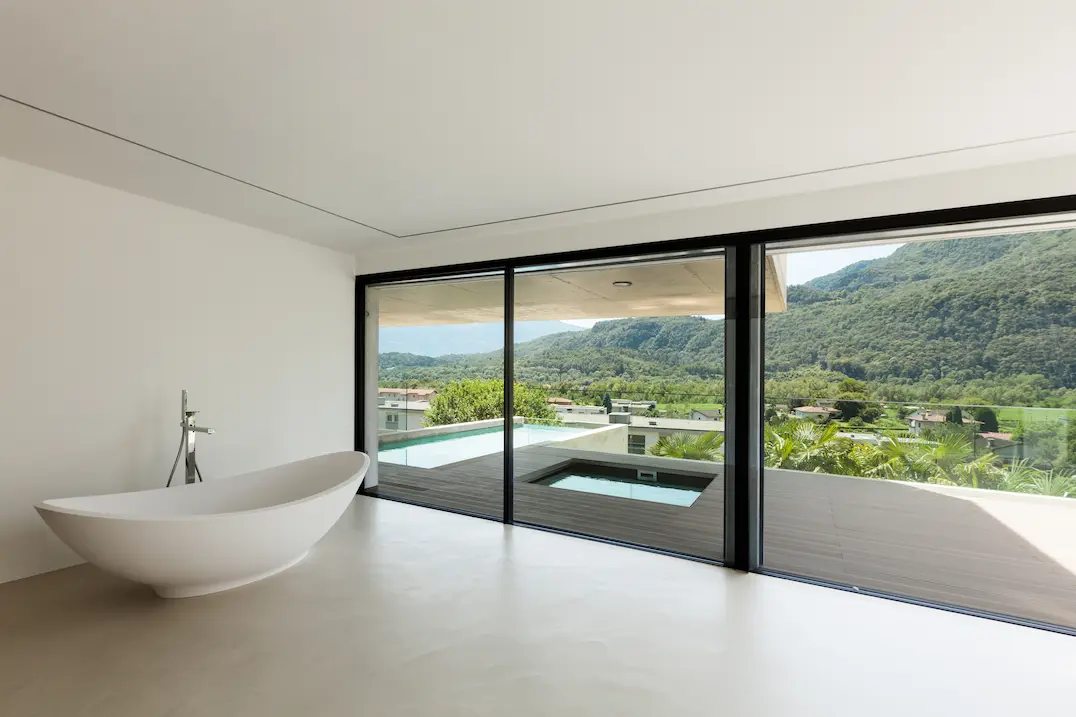
Walls are associated with fine grain to achieve silky and smooth finishes that enhance the aesthetic value of the coating. The medium texture is linked to interior floors, giving them greater resistance. The coarse grain provides a greater roughness and is perfect for applying to exterior pavements giving a rustic style.
The porosity of the microcement makes it necessary to apply a sealing varnish to the last layer that protects and waterproofs the coating. The sealers can have three types of finishes:
PRODUCT
The absence of joints makes microcement an ideal material for creating cutting-edge environments with an unparalleled sense of spaciousness. The creation of continuous spaces is combined with its great adhesion on any type of surface. This functionality makes it perfect for renovations, as it can also be applied over the existing material without needing to remove it. Covering floors and walls without debris is a reality.
It is the perfect coating to achieve finishes similar to smooth cement, but with nuances similar to some marbles.
Microcement has anti-slip properties depending on the roughness with which the surface is endowed or with the application of a final layer of varnish. The rougher the final texture of the surface, the more safety it will have.
Microcement is a material very resistant to environmental moisture and direct contact with water, it is positioned as the ideal material to apply in bathrooms and kitchens. Depending on the composition of the microcement that the professional uses, it can be more or less waterproof.
To increase this impermeability, we recommend sealing the coating in the final layer of the application process with the use of varnishes that you can find in our product catalog.
Microcement has a high chemical and mechanical resistance, which translates into a material resistant to impacts. It supports temperature changes, abrasion and sun rays. It is also totally non-combustible, providing high resistance to fire.
The durability of MyRevest microcement is high. With the help of simple maintenance, we guarantee that it can withstand the passage of time with hardly any deterioration. To keep it as new and extend its durability, we recommend the use of protective waxes.
In our product catalog you can find the MyWax and MyWax Plus maintenance waxes, the first one is made for domestic use and the second one for professional use.
Yes, you can create the color combination you want to achieve a unique and personalized finish.
When preparing a budget for a renovation with microcement, professionals take into account a number of factors. To determine the final price of this coating, it is important to consider factors such as the type of microcement to be used, the surfaces where it will be applied and the displacement of professionals.
Approximately, the price of microcement ranges between 70 and 110 euros per square meter. If you want to receive more information or advice from our professionals, contact us without obligation.
Some of the problems that surfaces coated with microcement can present are scratches, cracks, and even lack of waterproofing. If a high-quality microcement system is used, the application process is done by expert hands, and a sealer is used in the final layers, these problems should not appear.
MyRevest microcement systems do not have these problems, they are endowed with unparalleled quality. In our catalog you can find products to protect the supports covered with this material and keep them as the first day.
What is erroneously called polished microcement is actually polished cement. Two concepts that are confused and have nothing to do with each other, although at first it may seem so. Polished cement or polished concrete, it is also known like that, is really a decorative finish. A material whose field of application is limited to floors and it is neither a good thermal nor acoustic insulator. Its name refers to a rotary polisher that is used to achieve that characteristic glossy finish. Other disadvantages are that it requires mesh and expansion joints, it can lose shine over time and cracks may appear.
Liquid porcelain is a material that also has high demand because of its many virtues and finishes. Which is better?, you might be wondering. Well, the answer is that it depends on the finish that the client is looking for, the surface that is going to be renewed, as well as the timeframes available to complete the work.
For example, liquid porcelain can only be placed on floors due to its viscosity. Something that does not happen with microcement, the field of use of which also extends to walls, ceilings, and furniture. There are also noticeable differences in regards to the finish. While the former can incorporate 3D elements and visual effects that increase its price, microcement provides a uniform finish.
The step by step also differs. Liquid porcelain is only suitable for interiors, while microcement is suitable outdoors. In the same way, porcelain requires a self-levelling in its application, and, added to the previously described factors, its price is much more expensive than microcement.
APPLICATION
It is a perfect coating for achieving an elegant surface. The absence of joints translates into greater amplitude and a sensation of continuity. It is an ideal material to achieve an aesthetic result adaptable to different rooms and styles.
As a general rule, microcement cannot be applied on surfaces with moisture, as this can affect the adherence of the coating and its finish. However, in some cases, the source of the moisture can be repaired, or the surface can be treated with epoxy resin, which blocks the moisture or steam that comes from the substrate.
Microcement can be applied on radiant floor, however, it is necessary to carry out the power-on protocol beforehand to avoid cracks caused by temperature changes.
Microcement is a coating that does not crack on its own due to its elasticity. It is key, before its application, that the support is healthy. It is necessary to check that there are no detached parts, deteriorating paint or poorly placed tile.
Having the bases in good condition is essential to avoid the appearance of future cracks and fissures in the surface where the microcement is applied.
Parquet and wood are materials composed of movable plates. Plates that can suffer expansions and movements that suppose cracks in the new microcement pavement. Therefore, we advise against applying microcement on a parquet floor directly. The ideal would be to remove the platform.
Yes, microcement can be applied if the surface is healthy, leveled and free of grease. In this case, it is not necessary to remove the existing surface and the whole application process can be carried out without any problem.
For exterior floors, it is necessary to apply a microcement with maximum resistance to abrasion and temperature changes. MyRock offers a natural and stone like finish for an anti-slip floor.
The recommendation of professionals, among which we include ourselves, is very clear in this regard. It is advisable to use a mesh when applying microcement, especially in the case of floors and walls covered in tiles. But this does not mean that it is 100% mandatory in all works, some nuances must be underlined. There are types of microcement for which no mesh is needed, such as our ready-to-use microcement MyReady Go! So always, always ask a trusted professional.
Before applying the microcement, you must make sure that the surface is level, free of moisture, completely sanitized and clean. With a clean support, a layer of primer should be applied to consolidate the substrate and then put the mesh to give extra strength to the coating.
Microcement can be applied on any surface, except living wood. In the case of tiles, the support must be leveled first and the joints covered. This material adheres without problems to the existing surface and the previous joints will not be noticed.
It is advisable to apply the microcement at the end of the works and by personnel specialized in the use of this material. It is a decorative coating that requires expert and professional hands to achieve quality finishes.
Plaster or plasterboard supports are the most recommended to apply microcement, as they are absorbent surfaces. Before starting with the coating, make sure that the plaster or plasterboard has set.
The average time for a microcement application is 4 to 5 days.
Microcement is a porous material, but for greater security a final layer of varnish is applied which makes it totally waterproof, making it a perfect coating to apply in the bathroom, sink, shower tray or bathtub. The sensation of unity and resistance to pressure are guaranteed.
It is important and necessary to seal the microcement, as it gives it greater hardness and facilitates the maintenance of the coating. The polyurethane protective layer prevents stains from appearing and gives it a final touch that enhances the design. You can achieve a matte, satin or glossy finish, depending on the desired finish. The varnishes are also responsible for the non-slip and waterproof finish that is so valued in microcement finishes.
Microcement is a material that adapts to any surface and stairs are no exception. The most important thing is to ensure that the support is consolidated and stable. Attention should also be paid to the corners of the steps, where we advise installing a hidden aluminium profile in the base mortar to prevent wear problems.
The virtues of microcement allow it to be a very versatile coating and it can be applied interchangeably indoors and outdoors. In fact, recently the use of microcement in outdoor spaces such as terraces, facades or swimming pools has proliferated due to its exceptional performance. It resists UV light and rain, as well as wear and tear from abrasion and high traffic. It is only necessary to know how to choose the most suitable type of microcement for this field of application.
MAINTENANCE
To clean microcement, all you need is water and PH neutral soap, you should never use aggressive products. It is necessary to avoid products such as bleach, chlorine, ammonia, soaps and detergents in general, as they damage the protective films of the microcement. At MyRevest we have developed specific products to ensure a deeper clean if possible and to keep the microcement coating gleaming and in perfect condition day by day: MyCleaner and MyCleaner Plus.
Microcement does not fade because it is a material made with mineral pigments that prevent it from losing colour. It should also be kept in mind that after daily exposure to sunlight, it is possible that the colours may fade slightly.
Maintaining the microcement coating in good condition over time depends on the attention paid to care and maintenance. It is advisable that every so often an application of diluted wax is carried out for the maintenance of the sealing layer.
The spillage of chemicals or the drop of sharp objects can damage the coating leaving a visible mark on the surface. That's why it is important to have the same care that is taken with a parquet floor, for example.
Microcement withstands high foot traffic very well. However, if the wear on the floor is greater, we recommend applying a layer of one of our waxes (MyWax or MyWax Plus) every six months or so. This ensures even higher protection, especially for pavements coated with microcement, because it provides greater hardness.